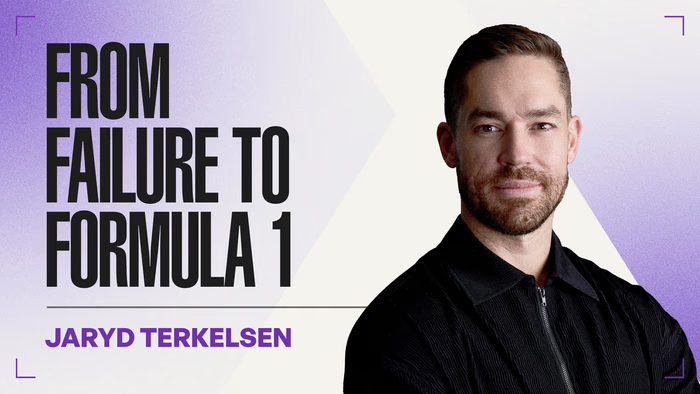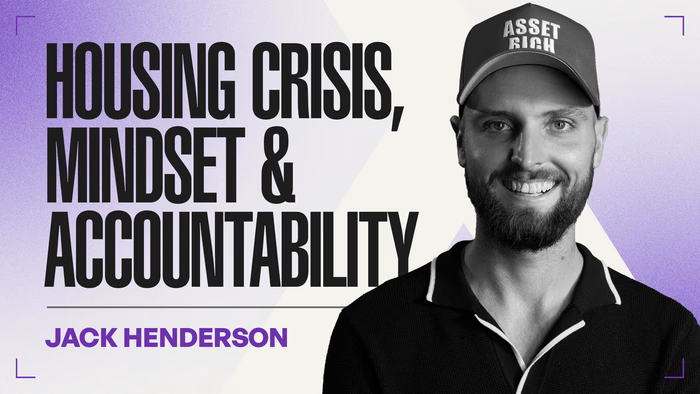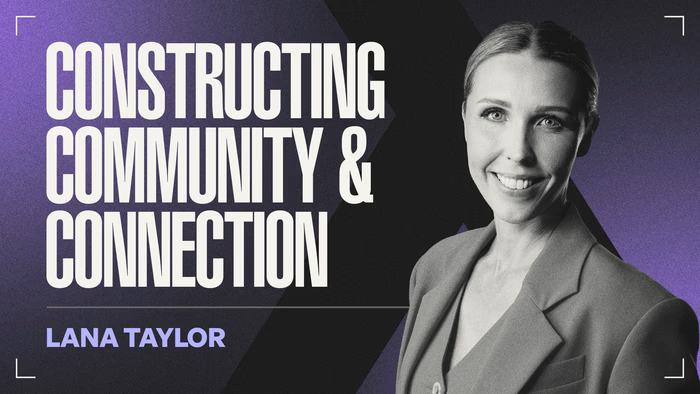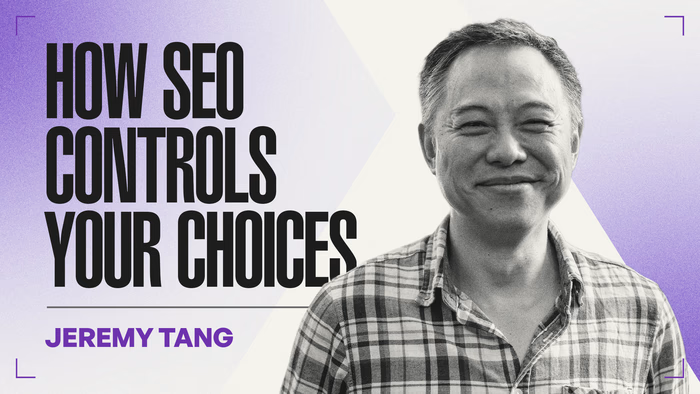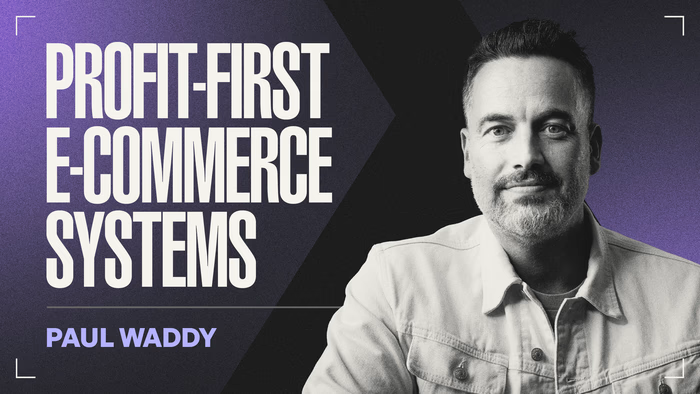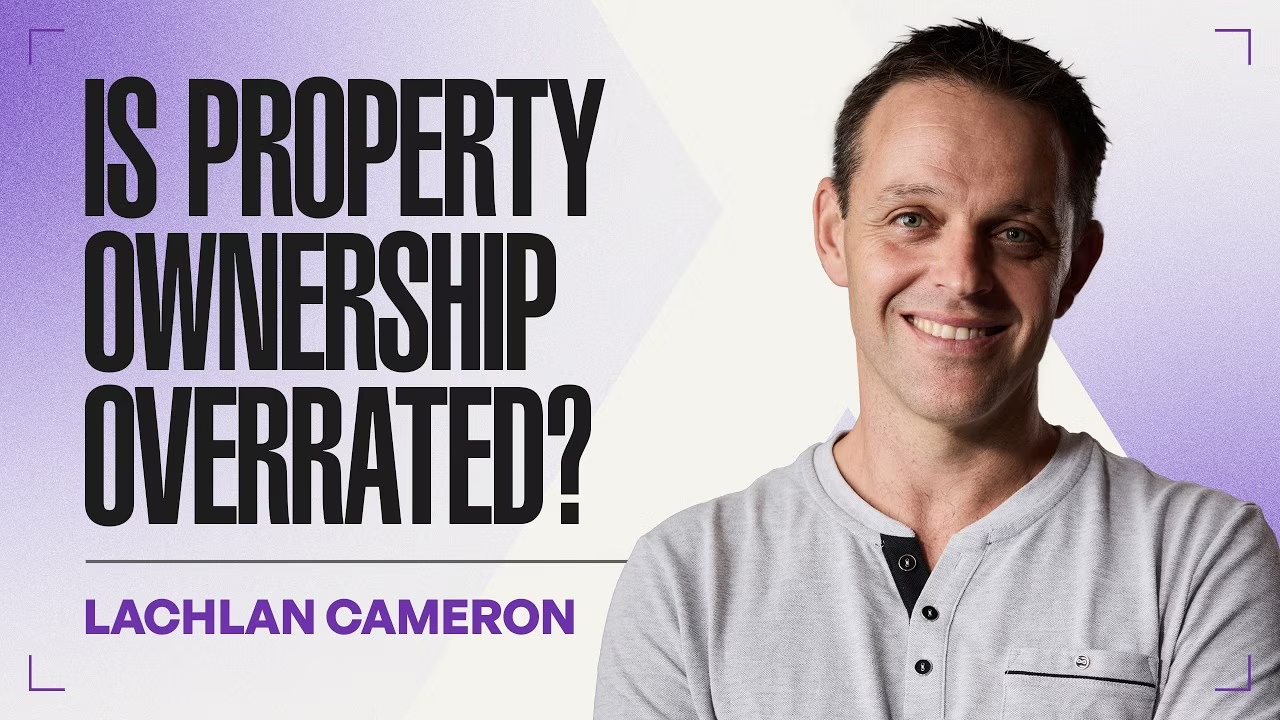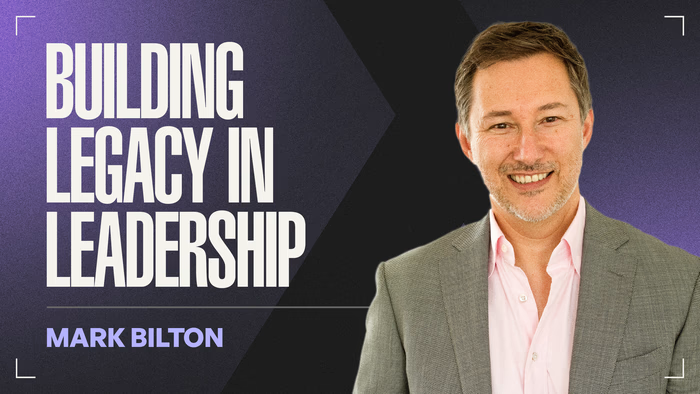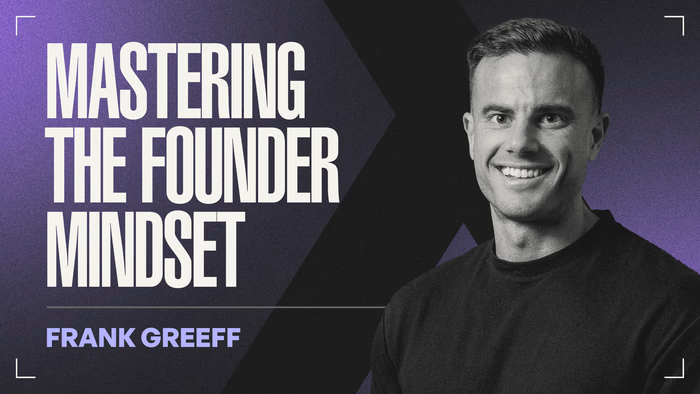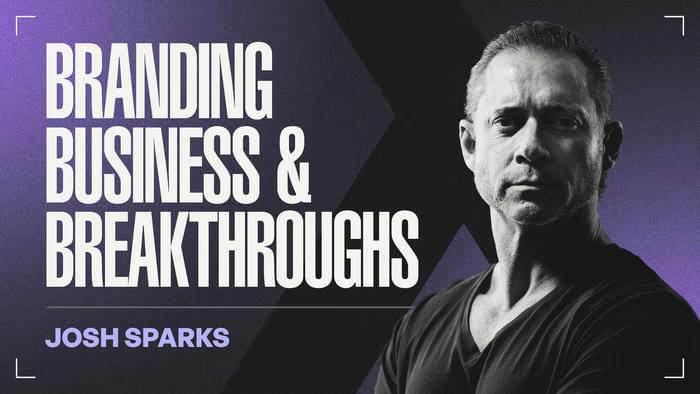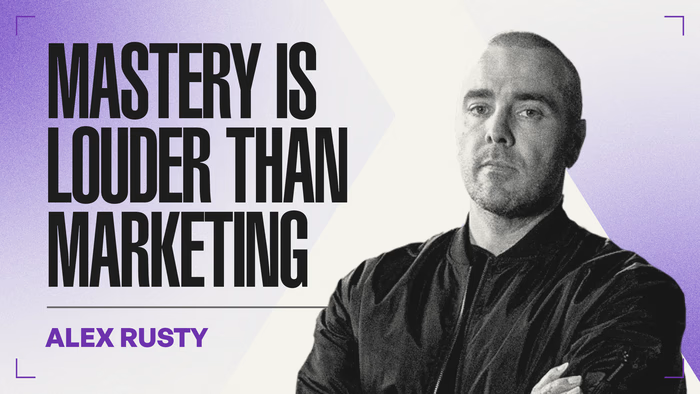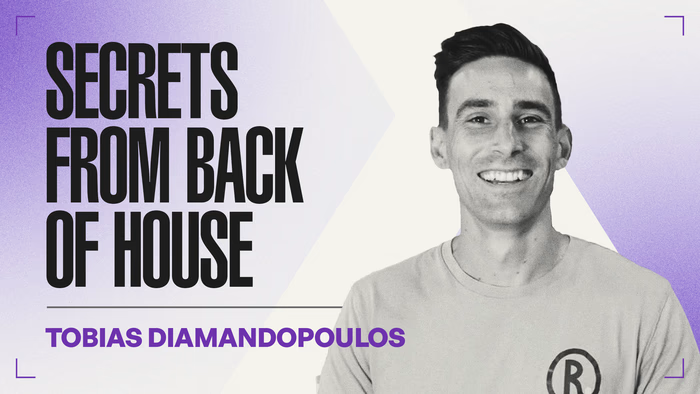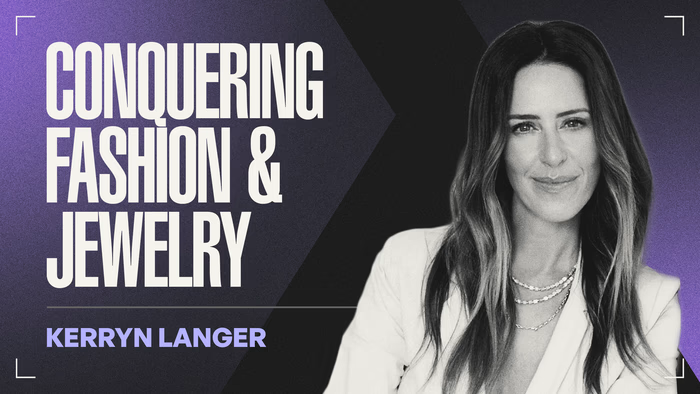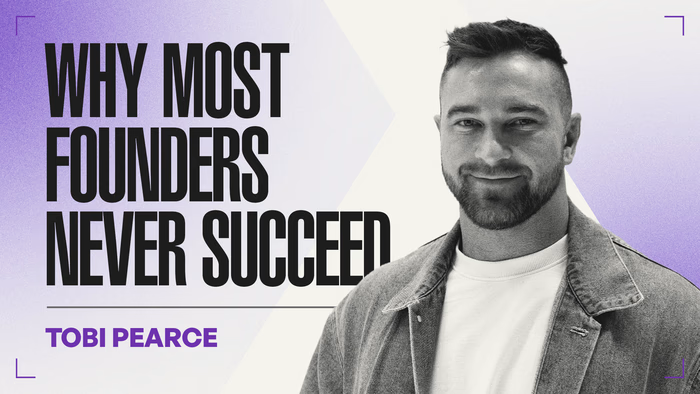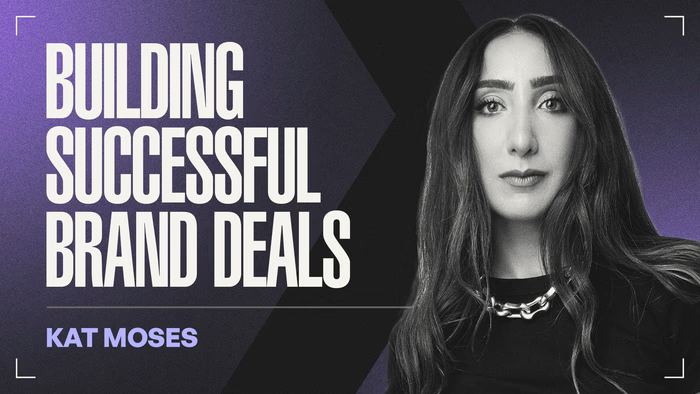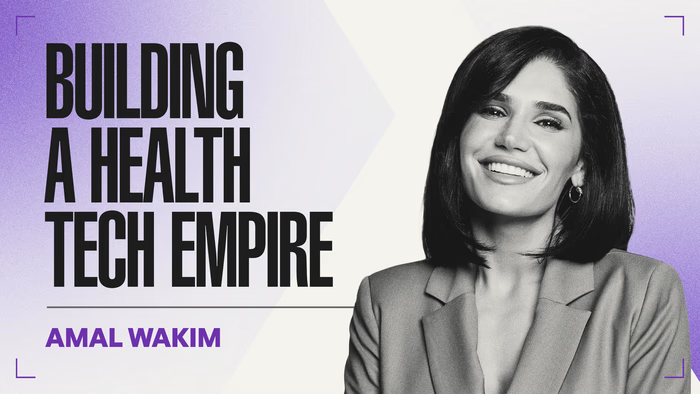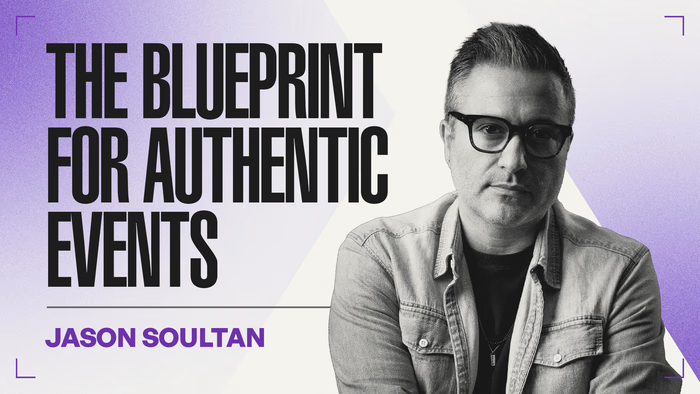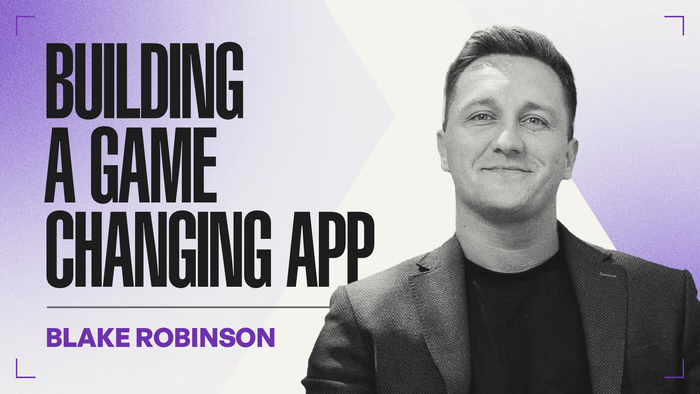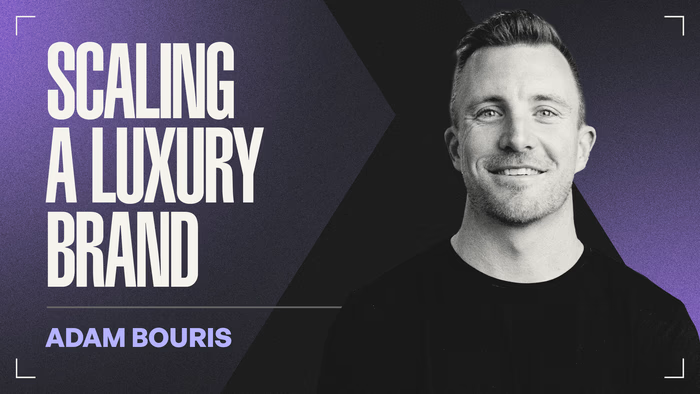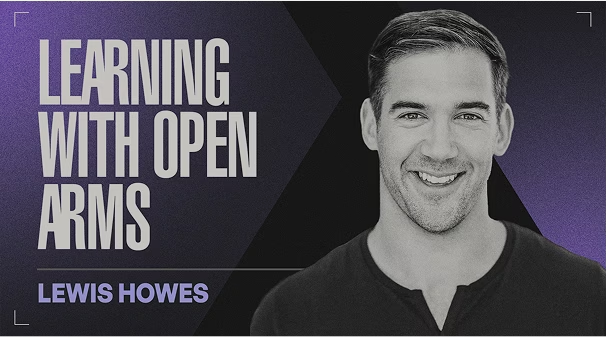


TLDR
Summary
Poppy Reid, a multi-award-winning journalist and media entrepreneur, shares her extensive experience navigating the evolving media landscape, especially with legacy brands and the rise of personality-driven content. Having launched iconic brands such as Rolling Stone and Variety in Australia and New Zealand, Poppy highlights the dramatic shift from institutional media to individual creators and personalities, driven largely by consumer distrust in traditional media. She discusses the importance of authenticity, vulnerability, and curiosity in storytelling, emphasizing how these elements foster deeper connections between artists, creators, and audiences.
Poppy recounts her journey from unpaid internships to becoming editor and later co-founder of media companies, illustrating the challenges and opportunities in reviving print media during the digital age, including launching Rolling Stone print magazine amid the COVID-19 pandemic. She reflects on how legacy media underestimated the power of personal branding and the explosion of podcasting as a medium that builds trust through long-form content.
She also explores the critical role of empathy and integrity in journalism, especially in music media, where “gotcha journalism” can damage artists and communities. Poppy speaks candidly about grappling with imposter syndrome and the privilege embedded within it, and how embracing vulnerability has shaped her leadership style. She underscores the entrepreneurial mindset required for creators today, combining creative vision with business acumen to sustain and grow media ventures.
Finally, she shares insights on the future of media—where integrated models combining production, talent management, and technology will dominate—and the importance of walking toward uncomfortable conversations for genuine growth. Poppy’s narrative is a powerful reflection on transformation, resilience, and the evolving relationship between creators, audiences, and the media industry.
Highlights
- Personal brands are growing far faster than company brands, showing a major shift in how audiences connect with media.
- Podcasting builds trust through long-form conversations, offering deeper engagement than short social snippets.
- Legacy media declined partly because it underestimated the rise of personality-driven content and the growing distrust of institutions.
- Authenticity and vulnerability are now essential for meaningful storytelling and audience connection.
- Artists prefer journalists who build trust and show genuine understanding of their work, rather than pursuing “gotcha journalism.”
- Imposter syndrome is widespread, but Poppy reframes it as a privileged experience that can help drive growth.
- Today’s media creators need to think like entrepreneurs, balancing creativity with the realities of monetization.
Transcript
00:00:00 - 00:01:06
If you started a business brand and a personal brand on the same day and you posted the same content at the same time, when the business brand reached 1,000 followers, the personal brand would have already reached 20,000 followers. >> Poppy Reid launched Rolling Stone and Variety magazine into Australia and New Zealand. She's a multi-awward-winning journalist and presenter and is now shaping culture as co-founder and chief content officer of Curious Media. We're seeing this huge sway away from
00:00:33 - 00:01:40
institutions and legacy logos towards personalities. And I think the reason for that is there's this huge distrust within media. 65% of consumers are wanting to go to influencers and creators to help them understand the news. I always want to be where media is or where it's going. And I feel like the media industry is like boxing where if you're not anticipating the next move, you're going to get caught in a flurry. >> Number five, >> we have a tagline that we are asking our
00:01:07 - 00:02:06
viewers, our fans to walk towards the uncomfortable. That's where growth is. That's where vulnerability is. That's where authenticity is. The reason why we called it curious media was because that's the best thing that you need in order to be a high achiever. I feel like I had the type of imposter syndrome that was crippling. I'm not that religious, but I remember just praying all the time and being like, "Let the mask stay on. Let people not find out that I'm a complete fraud and
00:01:35 - 00:02:41
have no idea what the [ __ ] I'm doing." >> This episode is brought to you by Wick Studio. Now you began your career in like one of the mast heads of the music industry. Uh you know the music network and Rolling Stone of all places. Um what kind of power did those legacy brands command back then and what remains of that power today? >> That's such a great first question. So the music network, I had never heard of it when I started working there as an intern. I I literally worked there for
00:02:16 - 00:03:11
free for six months. I was living in Brisbane literally just on dance floors at nightclubs like not really thinking about well in the back of my head I knew what I wanted to do. I've always known that I wanted to be a storyteller. I always know knew that I wanted to get into music journalism but the right job wasn't there for me. And then do you remember Fast Louder? >> Oh yeah. >> Yeah. So there was a job forum on there for an internship for the music network. I moved to Sydney for the internship. I
00:02:43 - 00:03:48
worked for free for six months. um worked my way up from I think it was like editorial assistant to associate editor to editor. Uh and at that point I it's so weird in my career I always seemed to be at the precipice of media going from old to new but not always by design. So at that point uh the music network was a print magazine a weekly print magazine and they were moving to a website and they were creating this digital platform. So that was really interesting for me to be a part of. And
00:03:16 - 00:04:14
then um I wanted to get in once I was editor I wanted to get into podcasting. Uh I remember the guy who owned the music network at the time just not having any interest in it. It was quite new you know this is like 2016. Um and so I remember buying my own podcast mic and I was like I can learn editing. I'll I'll do this myself. I just think I really believe in podcasting. Um, and then I met Luke Gerggas, my former co-founder at the Bragg Media, um, where we brought Rolling Stone back into the
00:03:45 - 00:04:49
market. Uh, and we started to get into podcasting then. But at that point as well, we had the Bragg Street Press magazine. And so we were then moving from old to new as well. We were moving towards a social first strategy. Uh, and bringing Rolling Stone back to the market was amazing. that was something that I really wanted, but Luke wasn't 100% on board with. And I remember I'd written a couple of articles for them, you know, from reviews to a couple of long form pieces. Um, and I'd the brag
00:04:17 - 00:05:22
media was growing via acquisition. That was our whole way of growing in market. Um, you kind of have to in media in a way because if you're not shrinking, you're dead. Uh, so to put it lightly, um, so I said to Luke, I I think we should bring I think we should bring in Rolling Stone. And at that point, it hadn't left the market. I don't know if you remember what had happened with Rolling Stone. It was owned by Bower and then um Matt Quite uh launched his own publishing company called Paper Riot and
00:04:50 - 00:05:54
he had the license for it. And then BandLab um which has enemy magazine bought the rights to license Rolling Stone and Band Lab took Rolling Stone out of the Australian market. I guess they just saw the model and was like this isn't working. But it was very unceremonious the way that it left. You know, none of the subscribers were um notified. Um, I believe the legend goes that Matt Quite didn't really get a say in it. That it it kind of came it was a bit of a rugpull, bit of a surprise for him. Uh,
00:05:22 - 00:06:28
and we were actually in talks with Matt Kite uh to save Rolling Stone at that point because it wasn't profitable. And then we were in talks with Band Lab as well. And then amazingly a company called Penske Media Corporation bought the rights, the global rights um to Rolling Stone and they have Deadline and Billboard and a whole bunch of others. They basically own media and they were amazing to deal with and so the conversation started with them to bring Rolling Stone back to the Australian market and then we launched in 2020
00:05:55 - 00:06:46
during global pandemic >> and we launched a magazine, a print magazine in 2020. >> Yeah. And I think it's fascinating what a ceremonious time to do it because it felt like it was probably bad timing. So, how how did you justify, okay, now's the time to go all in on resurrecting this legacy brand in spite of everything that was happening in the world at the time >> with a print magazine? >> With a print magazine, which felt at that time maybe slightly obsolete as as
00:06:20 - 00:07:13
a place to enter the market. >> With Rolling Stone, we had told everyone that we were going to launch this magazine and we were we were working hard on it. We were doing interviews with it. Um, I had actually hired my sister Katie Taylor to come and be the creative director of it. Uh, and we' done all this work and then, you know, March 2020 hit and we launched the magazine in May. And I remember having this conversation with Luke at the time and I was like, surely not. You know, the news agencies aren't even open.
00:06:47 - 00:07:46
Like, we don't even have like a strategy for this. And he was like, we said we're going to do it and so we're going to do it. And so we had an amazing investor in Sam Benjamin who gave us that run rate to be able to launch Rolling Stone in a market that had closed and where a whole bunch of other titles were falling and not being invested in. So because of him we were able to double down on digital marketing. We were able to teach the market about the importance of print during a time when a lot of people were
00:07:16 - 00:08:26
doom scrolling. Uh, and I think that that really helped us and we launched with also Rolling Stone's really known for um rock male acts on the cover and I come in loving pop music and I'm like let's go Tones and I let's go. First magazine Tones and I second magazine seal let's go. I think the third magazine was Tash Sultana gender non-binary um artist. So um yeah, we were were really trying to push it out to the market a very new message around what print could be and also what um what audience could be into
00:07:51 - 00:08:44
print which was young and we were trying to target the female audience as well. >> Do you think that how it was toppled uh in the Australian market gave you a real good opportunity to kind of do what you wanted with the brand versus you know carrying the torch so to speak because it was kind of kicked out of the country. you guys brought it back and you could have your own creative flare attached to it. >> Yeah, I think we were we had some really privileged meetings in New York with the
00:08:17 - 00:09:18
teams with PMC. We got to fly over and we had a couple of days meeting with everyone from their social media team to their print team um to the marketing and partnerships teams and we learned a lot and we weren't actually going to do a magazine and then we realized how much of their revenue was tied to um some form of print offering as well because people loved the magazine, people wanted the cover. Um the magazine now with the new owners of the Bragg Media has left the market which is quite sad but
00:08:48 - 00:09:50
understandable. It's really expensive to run print in this country. But we left there going okay we've got all these great ideas. We have all of this support. Yes we can do it our own way which we definitely did but because we just had the best of the best on tap. We we made some really exciting editorial decisions. We were also the first globally to bring in the Rolling Stone Awards. >> Okay. as well which then um got picked up by the UK. Um and >> that wasn't a thing. >> Yeah. No, it was just Australia that had
00:09:19 - 00:10:14
done it. Matt Quit had done, you know, a small version of the Rolling Stone Awards and then we went quite bigger and then they had this conclave over in New York where all the global editors um were at the New York office and we talked about the awards and how it was going and how we thought events were, you know, such a really great revenue stream. And then Rolling Stone UK launched theirs and Rolling Stone and Espanol launched theirs. Um, and then Rolling Stone US got into events as well. They do events for their Musicians
00:09:47 - 00:10:47
on Musicians magazine and everything. >> It's it's such a massive brand. It's had so much history and I guess um, culture attached to it as well. Do you think that today's creators underestimate the cultural gravity of such a legacy brand or are they right to kind of challenge the authority? >> I think they're right to challenge it. I think that we're seeing this huge sway away from institutions and legacy logos towards personalities. And I think the reason for that is there's this huge
00:10:16 - 00:11:24
distrust within media. And it makes sense. I read the stat that 65% of consumers are wanting to go to influencers and creators to help them understand the news. Like that to me just makes total sense. I think that in a creator or a personality, it's more difficult to buy their opinion than it is um a legacy mast head. And I noticed that with um Rolling Stone when we were and Brag Media when we were doing podcasts and we had one for the music network, we had one for Variety, we had one for Rolling Stone and the engagement
00:10:51 - 00:11:44
that we were getting because of the personalities that were involved and because it was video storytelling as well was far greater than a lot of the editorial we were doing. And we were having people come to us because of the personalities, not the mast head. And I also noticed that with the Rolling Stone magazine as well, like I was personally asked to be the writer for Tash Lana's cover feature, for Troy Savan's cover feature, for Keith Urban's cover feature. Um, and that's not saying, oh,
00:11:17 - 00:12:18
look, I'm so great. It's just that that is what was important to the artist and what was important to the team around the artist. They were so interested in having this personality that they trust. tell that story. >> So when when an artist is asking for you personally to be a part of um sharing their article or helping them with their press, like what is it that you felt like they were uh getting if they were to work with you versus another journalist? >> I think it's that whole thing of gotcha
00:11:47 - 00:12:46
journalism versus trust as well. Um, although I think a a lot of people think I'm not the gotcha journalist, but I really am thinking of the fan in my head and not the artist in my head. I think it's so important not to write a piece or sit down with someone like we do in the podcast industry now and not ask the question that the fan wants answered. But I think there's a way of doing it. And I think if you I've been in situations where an artist has said something that I just know they didn't
00:12:17 - 00:13:06
mean, but if I quoted them, it would be the end of their career. >> Really? >> Yeah. And I remember this happened when I was writing one cover feature and I called up the artist and they were overseas recording at the time and they were like, "What's so important that you need to talk to me?" And I was like, "I have this quote from you and I'm going and it was a it's a question that the fans really want to know." and so I need to include your answer and I'm going to
00:12:42 - 00:13:33
read you your answer. And I read the answer and this artist goes, oh, awesome. >> Like, please don't write that. >> I was like, would you like to have another crack at it? And they're like, absolutely. That's so not what I meant. I I was like, that's the transcript. Um, and I let them have another crack at it because I understood that wasn't what they meant. And I but I also understood that my job was to get that answer for that question that I know fans would want. Oh, so many so many I guess
00:13:09 - 00:14:13
journalists would be like this is perfect. I can pounce on this and get a viral moment. >> Yeah. Yeah. No, I think if you are a journalist, I think it's so much more important to nowadays, especially with how big fan bases are and how much they will come for you if you do dirty, if you do the artist dirty. Um, I think it's important to have a bit of understanding, compassion, and class in journalism. And I think that there are definitely interviewees, perhaps it's not in music, you know, in in other
00:13:40 - 00:14:47
sectors that definitely need that more hardlined kind of gotcha journalism, Martha Stewart style questions. Um, but I think definitely in music right now, I I think fans really appreciate true connection with between a journalist and a talent. >> What do you think it is about gotcha journalism that infuriates people so much? uh infuriates the person on the other end or infuriates the community. >> The community, >> I think they put themselves in their shoes. I think they go, "If that was me,
00:14:12 - 00:15:22
I would freak out." And and I think that most people are quite compassionate and they see that and go, "That's so unfair." But then I also, you know, you you see the algorithm on Facebook especially, I like to call it the rage machine. And the trolls love it when you know someone is is held to account, when power especially is held to account. But if they're not a politician, if they're just an artist who perhaps misspoke, then I just think that compassion is needed. >> It's it's having taste even though it
00:14:48 - 00:15:39
maybe not to your benefit, but like you said, like artists, you know, can have a lot going on in their lives. I imagine they can have bouts and swings and you know roundabouts and ups and downs and you know uh they could be traveling abroad and they could have said the wrong thing. So it's it's hard to curate your life so eloquently but it's nice to know that someone is in their corner that's going to help them. >> Definitely. And I think that's such a privilege to be able to tell an artist
00:15:14 - 00:16:23
story you know like there's only so many ways that an artist can communicate who they are from their end. So, as a journalist, to be able to show their impact on culture, to be able to um communicate what they mean to a community, to a fan base, um their influence, I think you should never take that lightly. You should take it quite seriously. And if you're going to sit there and just ask those gotcha journalism questions, um I think that it's you're making it too you're taking it too lightly. like
00:15:47 - 00:16:56
it's I think an even more meaningful contribution to culture is to get them talking about what means something to them. >> I I think it's such a beautiful take to take care to understand that they're these creative people that we need to support versus trying to catch them out and create headlines and go full TMZ on people. I think we're kind of in a space where it's not overcorrecting but slightly correcting away from cancel culture a bit which is nice but I mean if I was judged on my missteps and I was
00:16:23 - 00:17:28
completely excommunicated from my job from the industry because of a couple of mistakes that I've made Lord help me you know I I don't think that it's right I think that people do make mistakes we're just humans living life having a human experience but I don't understand the pylons and I never will and I've been on the other end of them but two and I remember the first time I someone attempted to cancel me uh I was crying and I had a panic attack and I'd never really I hadn't had a panic attack in a
00:16:56 - 00:18:00
long time and I was just like this is horrible and I remember talking to my co my former co-founder Luke Gerggas and he said but the reason for it the the cancelling was because I tried to give something to the industry that would um better it. Like basically I tried to launch this program that would help um the culture of our music industry. And I worked with a lot of people and we did a lot of um there was a lot of people involved that I paid to be involved. I thought that I did everything by the
00:17:27 - 00:18:26
book. Uh and the people that tried to cancel me weren't involved at all. And Luke said to me, and I'll always remember it. He said, "There are some people in this world who do not want to make the world a better place unless they are the ones making it a better place." >> Oh, that's prolific. >> Yeah. >> Clients want it all. A slick looking website that can run their business and scale with their success. Wix Studio is built for that. Plan out your client's
00:17:56 - 00:19:09
whole site in seconds with AI powered site mapping and wireframing. Then when everyone's on the same page, jump into the creative. Starting off in Figma or in the Wix Studio editor with super precise layouting tools like grid, stack, and flexbox. Go above and beyond the brief with no code animations, custom CSS, and built-in business solutions. And make your whole vision responsive in a click. And there's zero need to break a sweat when clients grow fast. A dynamic CMS with global design
00:18:33 - 00:19:29
settings and reusable assets lets you turn one page into hundreds. Design smoother and deliver sooner. Go to wixstudio.com. >> Now, if you think about like the early parts of your career, you talk about how imposter syndrome felt like it hindered you at a certain point where you felt like you're around these amazing people and you didn't quite fit. Take me through that. like where was your mind at at that time and how did you find the fuel to kind of get through that and what did you do about it?
00:19:01 - 00:20:15
>> Yeah, I feel like I had the type of imposter syndrome that was crippling like it was a daily thing. I I'm not that religious but I remember just praying all the time and being like please God please let me not mess up today, you know, like let let the mask stay on. let people not find out that I'm a complete fraud and have no idea what the [ __ ] I'm doing. And I started to look internally about it. I started to, you know, do some googling and research and I found that 70% of people have imposter syndrome.
00:19:38 - 00:20:29
And I'm in really good company as well. Merryill Stre has it. Lady Gaga has it. >> Like, come on. >> Yeah. Like they do pretty amazing things and and they have imposter syndrome. >> Um, but that actually wasn't the thing that helped me through it. The thing that helped me through it was this conversation I had with this young girl. She's Gen Z. And she said, she just made this off-hand comment and it stuck with me. She was like, I feel like imposter syndrome is the most privileged thing
00:20:03 - 00:21:04
ever. And I was like, you're right. Like if you if there was someone with less privilege than me in my role with the platforms that I had access to, they wouldn't be sitting there wasting their time going, "I don't deserve to be here. Oh, everyone's going to know I'm a fraud. They would just be building cool [ __ ] and getting on with it. And so that's what I did. Like I was just really changed my brain. And it's a conscious thing. I really do believe that you are the architect of your own
00:20:34 - 00:21:49
reality. And I have to consciously remind myself that it's a privilege to have imposter syndrome. And let's let's just keep building cool [ __ ] and get on with it. Why is it a privilege to have imposter syndrome? >> Because I think like I am a white passing female who's like I'm New Zealand Mai, but my the way that I have been able to move in this world has been extremely easy. Like it's I don't have the kind of um barriers or experiences when I walk into a room that so many
00:21:11 - 00:22:15
other people do. And it's not just like visual privilege that I have from being white passing. It's like having um a loving mother and father. It's having a support. If everything messed up in my life, I could move in with my mom. Like that that would be okay. Um my dignity would be shot, but I could move in with my mom. So these are privileges that not everyone has. And I think that I I wonder if because I have these wonderful privileges, I have let I have used some of my brain space to
00:21:44 - 00:22:54
overthink things. >> It it's an important I think notion that people understand what's really at play when they think imposter syndrome, right? because we can get caught up in the the tail spin of woe is me, something you know undeserving is here and and then you're squabbbling with what opportunities you do have >> which comes to another point you talk about which is you mentioned that your platform is your responsibility not a pedestal and and that this was an unlock for you in your career. What's changed
00:22:18 - 00:23:23
in how you show up in leadership content or your personal brand since that shift? >> Well, it's interesting because when I was younger, I didn't want to be the face of anything. I didn't really care about being front-facing. Um, I wanted to be a storyteller. And I see myself now as the storyteller's storyteller. I get to tell the stories of some of the coolest people on earth. Um, but it was actually Luke who said, "I want you to be the face of the business." And I
00:22:51 - 00:23:44
pushed back on that. I actually said, "No." And I I know, I know you're laughing because it seems crazy, but I I really struggled with it. My role was editor-inchief. I felt like I needed to be in the weeds. I felt like I needed to be signing off on every piece of content um both branded and non-branded to make sure it aligned with our values, to make sure it resonated with our audiences. And I was like, "If I'm the face of the business, I won't have time to be in the
00:23:18 - 00:24:13
weeds with all of the content and signing off on everything." And I remember him saying, "Why are you holding yourself back? Like, what is this?" And I realized it was fear. I was so afraid of putting myself out there. Uh, you know, there's that whole phrase, oh, phrase, um, oh, she girl bossed too close to the sun. Like, oh god, I girl bossed too close to the sun. And I know that people joke when they say that. >> I've never heard this phrase. >> Oh, it's what girls say when they like
00:23:46 - 00:24:43
they they're too good at their job and they take on too much and they're like, now I'm like, there's too much going on. I'm I'm overwhelmed. Um, but I have seen women at executive levels become the face of their business and then have a target on their back. And I don't know whether that is a gender thing. Uh I maybe it is for me just from my point of view as a woman. I don't know whether it's an Australian tall poppy syndrome thing. Um I don't know whether it's a
00:24:14 - 00:25:13
corporate structure thing but I have watched that and I have been fearful of that. And then interestingly of course I was holding myself back. Of course I was acting out of fear when I said no. And one of my highest value is growth. And so I just said okay let's do this. Let's be brave. It's even though I'm scared. Um, and when I moved into becoming the face of the business, I was being I was involved in commercial and editorial um, meetings and outcomes. And we saw an uplift of 30% of our brand deals that we
00:24:44 - 00:25:38
did because I was involved. And we had those brands say, "We want to have Poppy involved in in this piece of content or this event that we're sponsoring." And I'm not saying like Poppy is great. What I'm saying, my point to anyone listening is that you need to have a face of your brand. If you are running a media business right now, if you're running any business right now, you need to have a face of your brand and you need to have that person know your values and represent you in a way that you're
00:25:11 - 00:26:05
really happy with, which is usually the founder and the CEO. And I think that you've probably noticed this trend, too. We're seeing CEOs not so much in boardrooms and in one-on-one meetings with their leadership teams. We're seeing them in rooms like this doing podcasts with people like you. >> Now, when you think about media and how it's shifted, like you said, multiple times in your career, what was the single biggest external threat that traditional media underestimated
00:25:37 - 00:26:42
until it was too late? And was it the power of personal branding? >> Yeah, definitely. Like there's this you gave me the answer. I love it. Um there was this LinkedIn research that's been making the rounds and it's uh it said that if you started a business brand and a personal brand on the same day and you posted the same content at the same time when the business brand reached 1,000 followers, the personal brand would have already reached 20,000 followers by just being a personal brand.
00:26:09 - 00:27:15
>> That's a 1 to20 ratio. That's massive. >> Exactly. So that shows you where uh engagement is. It shows you where fan consumption is. It shows you why we're seeing the fall of uh mast heads like CNN and Foxtail. And we're seeing the rise of Alex Cooper from Caller Daddy and Joe Rogan. And then selfishly through Curious Media, we're seeing Ben Lee who has a podcast with Ioni Sky who's an actress. Um and their podcast they have together is called Weirder Together. and we're seeing his, I guess,
00:26:42 - 00:27:31
social cred rise because of podcasting and him being a trustworthy personality. He also does a really good hot take, which people love. >> People love a good hot take. The juicier, the spicier, the better. And even ourselves, like we've noticed that we've had quite an uplift of credibility because of the podcast and some of the guests we're affiliated with, etc. When you think about how people are producing media now as like figureheads of of companies, what is it that you felt like
00:27:07 - 00:28:05
uh traditional media could capitalize on if they wanted to kind of sustain a portion of the market? >> You need to have a face of the business. If you are not doubling down on your personalities within the business, then you're doing yourself a disservice. And I think, you know, that was the one of the reasons why I left the Brag Media when we sold the company that took over. They really wanted to double down on the mast heads and I understand that. But at the time I wanted to do personality
00:27:36 - 00:28:29
driven content. I wanted to invest in shows. I had three podcasts going. I wanted to do a lot more podcasts and I always want to be where media is or where it's going. And I feel like the media industry is like boxing where if you're not anticipating the next move, you're going to get caught in the flurry. So you're >> right. You have to duck and weave. You have to predict the next move. Exactly. So that's where I try and be with media. And when I was at the Bragg Media, I
00:28:03 - 00:29:00
noticed what was happening with this personalitydriven content, you know, faces over logos, personalities over institutions. And I knew that's where I needed to be and that's why I started Curious Media. So, like for example, like when you're interviewing a an artist and let's say um you're in a setting where you're writing down notes and you're curating their answers versus a live interview, >> the written uh telegraph versus the audio telegraph. Is there a difference
00:28:32 - 00:29:24
of the story being lost or you'd think it's the same thing? >> Oh, definitely. Oh, there's when you This is why I love podcasting. So with a written piece that has been created from an interview that's a sitdown interview, especially with Rolling Stone cover stories, right? So sometimes you get about a week with them. That's hours and hours and hours of just observing this person really like kind of like uh immersing yourself in their life and being that fly on the wall as well,
00:28:58 - 00:29:57
which is a very privileged. >> I didn't know you guys had that much contact for those cover stories. >> It's a cover story. You have to um so you've got all this context. You can't put it all in the written feature. There's just not enough room for it. Like you at most we would get 10 pages for it. You know, at most it would be 3 and a half thousand words. So really, you're only getting as a reader 20 minutes with that artist. Whereas a podcast, you're getting so much more.
00:29:27 - 00:30:20
You're sitting down. You're seeing all of the facial expressions as well. Like you're actually understanding the tone of what the what was said. it's not being edited and changed to make them seem smarter, sassy, or whatever. Um, and I think that that's such a big thing when you're trying to build trust in market as well. Like I was looking at, have you do you know the 7-hour rule when it comes to marketing? >> No. >> Okay. So, there's a 7-hour rule where
00:29:54 - 00:31:01
consumers need 7 hours in order to trust someone with a piece of content if you're doing it through content. So if I break it down, you can either do it through say two three and a half hour podcasts, okay? >> Or 420 30 secondond social snippets. >> So I know which one I would rather do. And that's with the one person, right? So in order to build trust, in order to build familiarity, you either need >> two three and a half hour podcast episodes or 420 30 secondond shorts.
00:30:27 - 00:31:27
So the power of the podcast is massive. And if um a brand is not investing in long- form content, especially video content, then they're not prioritizing trust. >> That's a powerful statement because the trust building piece is something that everyone talks about, right? Like one of the things that we find when we talk to personal brands and we talk to clients, almost like an NPC response in a video game, it's like, you know, what do you want to create in your community? The first thing they say is, "Well, we want
00:30:57 - 00:31:54
to build trust." And you're saying you can't create trust unless you have time sat with said audience. >> Yeah. Yeah. And you can do that. You can build that. There's a reason why Joe Rogan's podcast episodes go for hours and hours and hours. And I do feel like I know him. And in some ways on some things, I do trust him. And I think that that that's that long form versus short form content. You know, long form is so important for building trust. I have a story and I've shared this on the pod
00:31:26 - 00:32:22
before but I'll share it again. Uh and it's uh I was at LAX flying from um Los Angeles to Mexico City and I was about to board the flight and everyone's lining up and I turn around and right behind me was Louis House. For those of you that don't know who Lewis House is, he was like one of the >> big dogs at like podcasting early days. And my immediate physiological psychological response is like, "Bro, zap me up. So good to see you." Right? cuz I'm like in my head I'm like, "He's
00:31:54 - 00:32:37
my friend. We're friends." And he's like, "Who the hell are you?" And he's looking at me like, "Who is this idiot?" >> And he's like, "Hey, what's up, man?" He was so lovely. And uh you know, we got to kind of hang out in the terminal for about four hours in Mexico and we got to become friends and whatnot, but like it's it's that that thing you're talking about cuz I consumed his content for like god hundreds of hours on on so many
00:32:15 - 00:33:12
drives and you just think you know the person and you can create a >> like a proxy relationship through media. It's a parasocial relationship. Like that's why music fans are so powerful. Like that is why the Swifties cannot be messed with because they have a parasocial relationship with Taylor Swift that she actually understands and respects. And you know, I could never be a famous person. I could never be that level of fame where strangers come up to you and they want to hug you and they
00:32:43 - 00:33:38
want to tell you that that they have a tattoo of the cat that you have on their arm. And for Taylor Swift or people of that level, they understand that and they treat that with respect. And that's why they'll always sign the autograph. That's why they'll always take the picture because they know that that person has a relationship with them that they didn't previous they don't actually physically know about, but they can completely understand. And are there tells or signals that
00:33:10 - 00:34:02
reveal when someone's playing a role as an artist or as a online personality versus just someone living their truth >> like in interviews that I've done and things like that >> just in general like I think if you consume someone's content you can kind of get a cadence of like this person's not quite congruent with what they're saying. I don't quite believe them. I'm not quite sure. You know when just things feel a little fishy. >> Oh yeah. >> Yeah. Do do you find that like um I
00:33:37 - 00:34:37
guess let's let's point it more at the artists in particular like when you're working with musicians uh do you find that the artists that are more truly aligned with themselves are getting better success than those that are trying to play a role? >> Definitely. Fans have the biggest [ __ ] detector. They are so good at seeing through the [ __ ] Like if you are an artist these days and you are not authentic and you are not being truly yourself, there is no way you'll have success. Fans won't let you.
00:34:07 - 00:35:08
>> Why? >> Because they're paying for your life. And if you they don't want to pay for something that's fake. >> I'm getting chills cuz it's so simple. >> It's it's a matter of like someone is subscribing, like you said, to your life. They don't want it to be fabricated unless it's maybe hitting a specific entertainment box, if you will. >> Even the entertainment box, like look at what it takes in order to go to an artist's show. I remember um I had this
00:34:38 - 00:35:29
really privileged moment with Keith Urban. He took me into Cudos Bank Arena. It was completely empty. He was about to sell out three dates there. And he said, "I always play to the cheap seats, the ones right up the back." >> Wow. >> And I said, "Why is that?" and he said because everyone has had a journey to come here and they paid for their ticket just like everyone else and um and I'm here to give them a show. That's my job. I'm not here to just like mess around.
00:35:03 - 00:36:06
I'm here to entertain them. And he's like and maybe they took a train and a plane and maybe they had to pay for a hotel and he's genuinely Keith Urban's the most beautiful man and he genuinely has really thought about a fan's journey to his show. And so you think about the time that that takes. And then you think about um the fans of of pop artists or really popular artists that have these really interesting cult followings where they dress up for them and that takes time thinking about your outfit and
00:35:35 - 00:36:32
thinking about like how you're going to prove to the artist and hope that they see you to show that you are a super fan. And also they get there so early and they wait in line like sometimes 24 hours beforehand just so they can be at that front barrier so that their artists that they are have been a fan of that they have this parasocial relationship with can see them and can look into their eyes and they can sing the lyrics back to them and they can say I get you. I understand you. So if that person is
00:36:03 - 00:37:05
all smok and mirrors oh you're just breaking hearts left, right, and center. time and we're seeing more unfiltered niche experts coming out and creating massive trust signals like you said Joe Rogan etc. Why does raw imperfect knowledge resonate more than polished perfection? >> Yeah, isn't that interesting? I remember when we were doing our socials first strategy at the Bragg Media, we did really polished like kind of these beautiful edits and we we got some really talented creative directors and
00:36:34 - 00:37:37
videographers involved and they were tanking. And then we did like I I like to call them the JB Hi-Fi editions of our videos, you know, and it's just like looks like they've just taken crayons to to stuff. >> You go into JB High and it feels like everything's been drawn. >> Yeah. It's just like it it's that DIY thing. I think that fans want to see stuff by their friends and if they see something that's super slick and polished, they might engage with it for sure, but they're less likely to to
00:37:05 - 00:37:55
share it and be excited about it. Um, if it looks like it's done by a corporation because, you know, fans are very anti-establishment. >> I I think fans right now are kind of running a muck, right? It feels like a bit of a riot. It feels like everyone's just fanning out and just testing different stuff. And I feel like there's a bit of a a reset happening on the content creation landscape, if you will. >> I saw this statistic where they did a study in the US of young people and they
00:37:31 - 00:38:30
said, um, you know, what do you want to be when you grow up? And over 50% said a content creator. >> That's crazy. >> And my initial thought was, oh, good luck. But, and then 5 minutes later, I was like, you know what? They could because you can I love this right now. how you can be a millionaire nail technician and you can be because you create amazing content around it >> and a little e-commerce store or something. >> Yeah. You can just love Lego and you just like film yourself playing with
00:38:00 - 00:38:52
Lego and that just go nuts because you find your community. That's what fans want now. They don't just want the product. They want the story behind the product and they want to know who's making the product and they need to know that that person making the product aligns with their own personal values. Why do you think that's so important to get people to part ways with their money? >> I think it's because we we're such consumers and we can have anything we want when we want and so we want to make
00:38:26 - 00:39:13
sure that our money is going to people that we do support. Um but sorry, your question is why is it hard for them to part with their money? Well, why why do you think like like for example when you think about like the Lego story I just shared with you and think about someone else who kind of likes Lego goes, you know what, I didn't really want to buy a lighting kit, but like that story resonates and like you know what, I'm going to buy one to support this guy. I feel like there's a mechanism where it's
00:38:50 - 00:39:37
like good for them. Like I want to be a part of that. Like they're participating in the story. They're becoming a part of the narrative versus just going, "Oh, like that solves a problem. Let me buy it." >> Yeah. I wonder if it's like it I think it comes back to the anti-establishment thing. I think it comes back to personalities over institutions. I think they're going, I want to support my fellow man. That could be me one day. Um, I think they see themselves in them.
00:39:14 - 00:40:24
>> Do you think that the generational change has shifted that establishment mindset? Like for example, if you look at Gen X, millennials, Gen Z, is is there an increase in anti-establishment in the younger generations? >> I think increase in anti-establishment in for media. Yes. Yeah. I I think that, you know, Gen X had their own anti-establishment um passions, but I think in media especially, we're just seeing the veil come down and we're we've got so much information and so much inside
00:39:49 - 00:40:50
information is now being shared thanks to social media, thanks to Reddit threads. Um, yeah. And I think that they're just thinking time is currency and people want to be investing their time where it deserves to be invested. >> And obviously if you have more of a niche story, there's just an easier way to access the same people. M >> like for example like I can imagine my mother or or my father when I was young like they didn't have the ability to just log onto the internet at night and
00:40:20 - 00:41:10
find people that have the exact same passions in the exact same ways that they do. So it's it's like uh people are more pulled together on opinions perhaps and then they're able to segregate easier >> whereas before people felt like they had to kind of join a cause. >> I think so and I think there were less causes to join and now there's so many you know like we've just have this influx of information we have and with that information comes all these different communities that we can join
00:40:44 - 00:41:52
now too. And I just I I love the fact that our idols used to be, you know, the actors and the musicians and just like a few famous presenter celebrities here and there and now it is the nail tech who's just as famous, but only and to to millions of people, but not everyone knows that person, whereas like I feel like we had a few idols that just everyone in the Western world knew, and now that's it's in the millions. And do you think that this is um I guess across the board um a net win for everyone if
00:41:18 - 00:42:20
there's less people at the top if you will and everything's kind of spread out a bit more. >> I Yeah, I think that I I guess I I guess money is being more spread out which is good. I I love the entry point to being a millionaire being lower. That's great. >> Yo, my name is Dane Walker and I am disgustingly obsessed with branding. I had to figure out a way to do branding every single day. So I branded myself. >> Then I started my agency Rivalionary >> and hired a team of branding mavericks
00:41:59 - 00:42:56
hellbent on creating brands so good that they'll make your competition their pants. So here's the thing. You want your brand to go viral and Rival makes brands go viral. That's why we're offering you a free 30inut branding session to get an expert's opinion. If you don't believe me, the proof is in the pudding. Here's what clients have to say about Rival. Rival is trusted by brands like Nutrition Warehouse, Light My Bricks, and Voomie. So, if you want to absolutely smash the competition and
00:42:28 - 00:43:37
make your brand go viral, hit the link below and book in your free 30-inute branding session. Now, something I'm curious about is to take me into the helm of what it was like to drive a physical print magazine. So, what was the technical now that you had to constantly remind the whole team of like guys remember to do XYZ? Like, what was that like driving such a mast head behind music? >> The wild thing about print is that the deadline waits for no one. It cannot be moved. You miss it. You're stuffed. So I
00:43:02 - 00:44:04
had never really done a print magazine. We the music network print magazine had left by the time I had become editor and I remember it being end of 2019 and us me and Luke deciding we were going to bring Rolling Stone magazine back to the market in print and I called my sister who is a graphic was a graphic designer um and creative director and I said yeah we're doing this print magazine. I don't really know what I'm doing. Like, I'll I'll just figure it out, I guess. And Katie started asking me all these
00:43:33 - 00:44:26
questions. She was like, "Well, have you seen the printing press and do you know what kind of embellishments you will have? And do you know what the GSM size of the paper is?" And I was like, "Katie, you are speaking another language. Can you stop?" And I remember her saying this. She goes, "Poppy, I think that you are very capable, but I am very worried." And I was like, "Okay, if Katie's worried, we need to sort this [ __ ] out." So I said, "Can you fly to
00:44:00 - 00:44:47
Sydney?" She was pregnant at the time. She was looking after two kids. She was working for the Gold Coast City Council in a very cushy job as a designer there. Um, and I said, "Can you fly to Sydney and just have all the meetings that I need to have with the people that I need to have the meetings with because you know what you're talking about and I have no idea." And she's like, "Absolutely." So she came to Sydney. We met with the printers. I'm sitting there. they're speaking another
00:44:23 - 00:45:15
language. Uh, and then she put together a schedule and she's like on on in order to get the print magazine out here, you will need this ready by this time. She basically created this whole project management system for us. Um, the team of course fell in love with her because she's so amazing, knows what she's doing. And before she left, I said, "I need you. Like, I cannot like that's great that you put together the schedule, but I can't do this every single quarter." And because we were
00:44:48 - 00:45:40
quarterly and uh I said, "Will you work with us?" but just part-time. And so she was like, "Oh, stuff it. I can take this on. That's fine. I'm on maternity leave." And then she became so crucial within the business, we brought her on full-time. Um before she left the business around the same time that I did, she was head of studio, so branding across the entire business. And the business had won the head of studio umbrella award that year thanks to her. And cover of the year, which she had
00:45:16 - 00:46:18
designed. Yeah. >> Shout out. >> She's Katie Taylor. Amazing. >> Go Katie. Um, so yeah, and to take you into that process, it was a quarterly magazine, but it was weekly meetings, thousands of Slack messages every single day. Um, and then that's just the editorial. And then you've obviously there's the subbing and all of that, and I won't bore you with that whole editing and fact-checking process, but that exists. Um, and I was editing both on the digital version, but
00:45:46 - 00:46:50
then also the physical version, which I loved. like you just kind of, you know, you curl up and you read the whole magazine and you put your little notes in and I I kind of liked that process. Um, and then there's the photo shoot which is a whole other kettle of fish of dealing with different personalities um and agendas and budgets with which we had a sho string. And that was fun though to put together like being one of my favorite shoots that we did was with Troy Savan over in LA. Um, and it had to
00:46:18 - 00:47:19
be in LA. He couldn't come to Australia for the chat. So, me and my sister flew over, me and Katie, and she directed the whole thing. She got all of these amazing people from the makeup artist to the stylist to the photographer. Everyone was queer, which was so cool. Um, and I remember Troy Savan walking into the the dressing room that we had with all the outfits, and there's the stylist there and the photographer there, both guys. and he's like, "Hello, ladies." And it was just this fun day of
00:46:48 - 00:47:57
just like playing amazing music and him just playing dress up and just being a total star and Katie just in her element like just running the show telling everyone like where to go, what to do um in her beautiful way and having Troy Savan also be part of that photo picking process which was super important for the cover um as well because in the past Rolling Stone US has picked their own they They of course they do. They pick their own cover shot. Uh and if the artist doesn't like it, they won't share it.
00:47:23 - 00:48:14
>> In fact, they'll they'll there's been instances where they'll call out Rolling Stone and be like, "You did me dirty." >> Oh, no. >> So, the best thing you can do is have the artist involved, get them over the shoulder of of Katie as they're putting through the photos, mock it up for them. Um, and Troy didn't pick his cover, but he picked like his favorite shots, and we chose one of his favorite shots. >> What's something that runs through your
00:47:49 - 00:48:37
mind when you're meeting new people? Like, you're meeting these massive musicians that are praised by their fan base and it's like there's nothing I could say that would impress this person. Like, how do you approach someone with that level of fame and magnitude like a Keith Urban, and not be weird and not be nervous? Like how do you really try to build rapport with someone with so much altitude? >> Yeah, I think you actually, you know, a lot of people might say, you know,
00:48:13 - 00:49:09
they're just they're human. They're like everyone else. They're not like everyone else. I am a mere mortal. They are amazing. They do incredible things with their creativity. I'm just a fan over here. So, I wouldn't say just think of them as human because I really actually don't think of them as human. Um, I try and impress them with my research. So, I try and make it clear that I haven't just turned up to try and get a pick at the end. You know, I haven't just turned
00:48:40 - 00:49:53
up to to have a conversation because I love their latest single. That I've actually done my work. I've done my homework and that I understand their impact on culture. And I'll give you an example of this. When I first interviewed Tones and I for the Rolling Stone cover story, I was I flew to Melbourne for it. I went to Tones Tones house um in Morningington Peninsula. That was like an hour drive from the airport. I'm on my way there. She just hit like a billion streams on Dance Monkey, um which is now at over three
00:49:18 - 00:50:25
billion or something. >> It happened so quickly. It's literally the most streamed song on Spotify by a female. So, Taylor Swift doesn't have >> I didn't know that >> that award. Adele does not have that award. It's Tones and Eyes Dance Monkey. So, um but Dancer Monkey was huge obviously, but she wasn't, you know, this behemoth tones that we know now. She wasn't selling out arenas at that point. Um, I walk into her house and she looks like she doesn't really want me to
00:49:50 - 00:50:55
be there. She's got her friends there. They're all like watching YouTube. They're playing around with like this shaky mat on the ground. She's got a crew around her. One room is literally filled with so many platinum plaques that it has filled the room and she's like, I don't know what to do with these. So, she's got a lot of people that want a piece of tones and eye at this point. And I sit there and I ask her the first question, which was, "So, tell me about where you grew up." And she said,
00:50:23 - 00:51:36
"Victoria." Nothing else. Nothing. I said, "Um, where in Victoria?" And she goes, "Just Victoria." And I was like, "Fuck, I have come all the way here. I have flown here. I need a cover story. This is three and a half thousand words I need to file on this. This is also our first magazine, our first cover story. It's got to be good." And I've got a barrier. I've got a wall made of cement in front of me. And so I just stopped and I said, "Hey Tones, I
00:50:59 - 00:51:58
have this thing where I think that when people talk about the biggest pop exports to come out of Australia, it's going to be Sea. It's going to be Kylie Manog. And it's going to be you. And I get you. And I understand that there is so much hate around you at the moment. There are people that are attacking you for your physicality. There are people that are saying that Dance Monkey is a [ __ ] song. but I want you to know that I get the music and I am so upset by the trolls and the hate and I think you're
00:51:29 - 00:52:24
[ __ ] amazing. And then she kind of slowed down and she eased into it and she let me in and then she told we talked about the trolls and she literally cried in front of and she's like I'm out here flying the flag for Australia all over the world saying I'm so proud to be Australian and back home I'm being called the most horrible names under the sun. I just don't understand. It took it it took that minute of just me going, I've done my research. I get it. I understand your
00:51:56 - 00:53:04
impact on the music industry. >> What do you think that she heard in in in her mind and in her feelings in that moment? I think I went from journalist to someone who could be in her inner circle who gets her because I think she felt like there were so many people who just didn't get her music. And you have to remember Tones and I was doing it and is still largely doing it completely solo. Her debut album has not one collaboration. There is not one song on her debut album that was co-written with
00:52:30 - 00:53:47
anyone else. Dance Monkey has one songwriter, Tony Watson. So, she is a lone ranger and she also has a childhood where it was really rough for her as well. So, she's kind of had her back up against the wall and has been fighting her way through the industry from the start. >> What What did you experience in that moment? >> So much like anxiety. I was like, I have to go. Like, this is this is not it. Maybe I come back another day. I don't know what to do. I was just like, and I
00:53:08 - 00:54:00
honestly have never experienced the feeling of getting off on the wrong foot so quickly with an interviewee and I managed to turn it around and I thank God that I did. My god, >> great job. And I imagine she probably get a call from a manager and she's like, "You got to do this interview." And she's probably like, "Okay, got to do this." versus like something that she was really briefed on. >> Totally. And then I saw her, we hung out again, of course, a few times. And I was
00:53:35 - 00:54:22
backstage with her at Laneway Festival. Um, and I was in her dressing room and she said to me, she was like, "I don't give a [ __ ] that I cried. You can put it in the article. I don't care." She's like, "You're part of the family now." I was like, "Okay, cool." >> And what do you think is like your gift at building rapport with with artists? cuz obviously you were able to empathize with her in a moment where she felt attacked and her back was against the
00:53:59 - 00:54:59
wall. Are there other techniques that you typically use when let's say someone who is a big star and they're not really in such a negative position but they're just used to people smooing them. How else can you other than like the research how can you build rapport and get into that interpersonal conversation faster rather than getting that surface level tension? I think because I am obsessed with the music first and the person well the in with artists it's quite interesting you are obsessed with
00:54:29 - 00:55:29
the music and it tells you so much about the person but I think if to give a piece of advice it would be be more interested in their work um and show your research around their work first then the personal stuff because a lot of people can have like a bit of a wall up when you when you decide to go personal it's a big thing so for me when I do these interviews it I like on the record my podcast it's all about the music it really is you end up talking about personal stuff and they end up going
00:54:58 - 00:55:52
there but when you have that intention of this is about your craft this is about your entire existence essentially because an artist can't live if they're not making music like it's just impossible for them. So, if they get to talk about that on a deeper level and revisit that, then they're going to be way more open. And then you can slide in the personal questions. What does this lyric really mean? >> Yeah. What are you really saying now? >> Oh, there's so many lyrics that I'm just
00:55:26 - 00:56:26
like, I want to know exactly what they mean. Um, now you've you've done such a great job in so many so many different kind of types of media, right? Because whether it be music or now podcasting, which is like something you're absolutely crushing right now. What what's been something you've kind of brought with you from that I guess um magazine era that you kind of are injecting into this new era of business that you're in? >> I think it's long form storytelling. I
00:55:55 - 00:56:48
think like that like from print it would be giving people further context, giving people further nuance, you know, like I think we do live in a world where we have a very short attention span. I think it's I think it might be between 1.2 into 1.7 seconds. So >> I can't even wait for the last 5 seconds on a microwave. I'm like, get that thing out. >> Really? You'd rather have it slightly cold. >> Yeah. I'm like, give me give me the food. >> Got the time. Yeah. So because of the
00:56:22 - 00:57:22
short attention span, we have lost so much context. And I think the beauty around podcasting is that people know that they're going into it for a longer ride. They know that it's not just, you know, if you click on a podcast, you see how long it is. You see that it's an hour. you're like, "Okay, strap in. Let's go." Um, so you have this very intentional um back and forth between you and the listener or the viewer. And I obviously want to bring that from the print time.
00:56:52 - 00:57:50
Like I loved the fact that we we did launch in COVID, which was hard, but we gave people some time away from doom scrolling and they were sitting with the print magazine, you know, kind of a lost art in some way. And I think that it's that long form story storytelling that I want to keep being involved in. And when you get to and you know this, this is your entire business with agency. It's like you get to sit with someone and go really into the weeds on things and you don't get taken out of context if you're
00:57:21 - 00:58:08
an interviewee as well. And I think that that's why a lot of um people guest on podcast because they're like they're not going to take that one quote and make it mean something else. >> Yeah. It's so interpretive when you see a short format piece of content. Also, like as a creator, like you being a creator and I being a c creator myself, like when I go to, you know, speak at an event or I meet a fan or whatever and they're like, "Dude, I listened to that episode and this blew my mind." I'm
00:57:45 - 00:58:25
like, "Whoa, this person like sat there for two hours and listened to me and the guest, that's crazy." Whereas like if someone's like, "Oh, I saw that reel you did." You're like, "Yeah, cool. Whatever." >> Like there's something special about >> you and a million others. Yeah. >> Yeah. Yeah. Get on the train. Uh but when someone like is is I guess consuming something in long format, there's there's something more special about that.
00:58:04 - 00:59:11
>> Definitely. And I think that the the guest just really appreciates that opportunity to to go deep. Like you look at a public personality's promo schedule in a campaign. It's a sixinut radio interview if you're lucky. It's 5 minutes on live TV on the Today Show or Sunrise. Um, it's a couple of sitdowns or phone calls with music blogs and things like that if say if you're a musician. Um, and then there's the podcast. And I'm finding that bigname artists will carve out an hour of their
00:58:38 - 00:59:24
time to sit down with you. Whereas previously I was, you know, you were fighting with, especially with the big names, you were fighting for 10 minutes with them. And they're willing to do it because they know that they're not going to be taken out of context. They know that they can they don't have to just think in quotes and speak in quotes. they can take you on a journey with them. >> It does feel quite brief like we've been uh interviewed for Branders magazine and they were just looking for the hookie
00:59:01 - 00:59:48
oneliners and you're like, "Oh, I thought we're going to hang and like chat and like get." Yeah, it's in and out really. And that's and that's been an interesting thing when you interview people who are used to those kinds of interviews. They give you those short answers in and out and you're like, "No, no." >> Yeah. Go on. Lay it on me, man. >> Let's elaborate. Let's go there. >> Tell me some crazy stories. Now, after exiting, you know, a successful company,
00:59:24 - 01:00:29
why did you choose to go straight back into build from scratch again? >> I'm always trying to be where media is at and I got this amazing taste for podcasting. And when I saw that the new owners just wanted to invest in their mast heads and weren't really wanting to double down on personalities, I just knew that's where I had to be. And so I started having in October last year before I resigned, I started having a couple of conversations in market um which amazingly ended up um
00:59:56 - 01:01:00
some of those conversations ended up with those people wanting to do podcasts with me now through Curious Media because podcasting is booming as you know. Um, and then I just so happened to be introduced to Steve Grace, my co-founder at Curious. And he has a recruitment company and had he was kind of dabbling with media like just as like a side hustle kind of thing. >> Yeah. >> And >> what was he doing exactly? >> So he had a blog called Balance the Grind um where he would interview I was
01:00:29 - 01:01:20
actually interviewed for it years before which is so funny. >> I like the name by the way. I don't know what it means. >> Grind. Yeah. It's kind of for like um founders and and um startups and people running businesses like life hacks, health tips, that kind of thing. How do you balance the grind basically? >> Um so he had that and then he has his nudge productions where so the recruitment companies called the nudge group. So he had this production company as well where he was doing uh a few
01:00:54 - 01:02:02
podcasts and some video for certain brands because he had a lot of founders and VCs that wanted to get their story across and help with recruitment and video storytelling is where it's at. So, and then I had come from, you know, really being inshed in media and wanting to get into podcasting. And I met with him hilariously because he's a recruiter. And I was like, well, maybe you can find me a job. And he was like, I'm really interested in media. And we just sat and talked for like an hour at our off at our now
01:01:28 - 01:02:35
office. and we talked about media and the importance of video and how easy the entry point is, but how also easy it is to level up, you know, like if you just add video, if you just add that extra camera, you're doing better than so many others. Um, and I didn't think anything of that meeting. I thought he was super interesting. He was super entrepreneurial. He's just he's like the perfect kind of entrepreneur that you want to partner with. um really amazing at thinking blue sky. Uh lots and lots
01:02:01 - 01:03:00
of energy, proper ADHD like all the best entrepreneurs. Uh but I didn't think he was ready to start a media company. I just thought he was interested and excited because that's just him. And so I left that meeting thinking, you know, if he could just rein it in and he could just like all those ideas, if he could just have it be podcasting and then an owned audience, so a newsletter, then I think that we could build something. But I don't think he's ready. And I just kind of left it. And then I received
01:02:31 - 01:03:26
this really long email. So Steve Grace has dyslexia and he so reading emails, writing emails is a struggle for him. So he does a lot of his emailing and writing long form ideas down um at like 11:00 at night because that's the only time that he has like peace to just try and concentrate because it takes him longer than a lot of other people. And so I got this very late long email of I want to do this with you. I want to build this with you and and what you how would this part work and what do you
01:02:59 - 01:03:56
think of this part and and how would we structure this? And I just replied and was like here's how I would do it. It's kind of similar to how I met Luke Gurgus in a way, my former co-founder at the Bragg Media, just to do a little side step. Um, he had been having interviews and chatting to people because he wanted to start a media company and I thought that he just wanted to chat and he wanted help and advice and that's what I gave him. If I was going to start a media company, I'd probably do this,
01:03:27 - 01:04:35
probably double down on this. I probably wouldn't do this stuff. And he was secretly interviewing me. Um, so I sent, just to go back to my Steve Grace story, I sent him off how I thought the business could be ran and I was also very honest with him like media is tough. Like it is hard to monetize. You need 50 different revenue streams and you just pray that one will stick and you know that as well. >> Yeah. uh and then within a couple of weeks I had resigned and had started like bubbling away with curious media
01:04:00 - 01:05:00
and then we launched in March this year. >> What has been in this shift in this period of your life? Something that you're sad to lose and something else you're happy to gain. >> I'm so sad to not be working with my sister. Oh my god, we had so much fun. And we because we've known each other our whole life, we speak in a language that no one really understands. Like we would be on a meeting and we would just go, "Yeah, this and this." And we'll do this and this and okay, cool. We're
01:04:31 - 01:05:08
good. And then everyone else in the meeting will go, "Wait, what are we doing?" Like we understand each other. Yeah. Yeah. Have they just spoke in another language? >> Would you agree to? Yeah. >> And it would also be very fun to like have pretend fights um through Slack that people thought were serious. Really? Like Like I'd be like, "I can't believe you're wearing my top today." They're like, "What the [ __ ] I can't believe you took that. Like, how dare
01:04:50 - 01:05:56
you?" And she's like, "Come and get it, bitch." Um, and yeah, people thought we were actually fighting, which was fun. But also, she's just so smart. Her superpower is she can go into any company. She can recognize the inefficiencies and she can find a quicker, faster, cheaper way to do things. And I just miss that energy. And having that, you know, literally working with your sister is amazing. It's so much fun. And also, it was beneficial to the business, too, because we talk
01:05:22 - 01:06:36
multiple times a day every day anyway. And then you add those hours up to be what was really just us talking about work and problem solving, troubleshooting the whole time. Like, it was just beneficial. So, I'm really going I have really missed working with her. She now works with Luke, which is like it was so Luke was exited. Um, and then he but he has um he's the CEO of Providor, the food company, but he also manages um Simone Yaouch who is a content creator based in the US. Uh and she has a whole brand and she has
01:05:59 - 01:07:01
products and Katie has been brought in as COO of that company and she's killing it and for the first time they're profitable. >> Oh, that's fantastic. >> There you go. um before you move before you move out like why do you think you and your sister Katie are so close? >> We're close in age and it took a long time to get close actually. So she when my parents split when I was 11 um she kind of became my second mom. So, we had that dynamic of her just kind of helping
01:06:29 - 01:07:26
me through life, like sorting stuff out for me, kind of being that person that you'd call up and be like, "I don't know what to do. Like, this guy was mean to me or what do we do here?" Blah, blah, blah. And she, we just had that dynamic. And then I went through my teenage years and I was a mess. Literally making a mess of my entire life. Just depressed. just we did not have a relationship then because I didn't want to be honest with her with like how bad my depression was
01:06:58 - 01:07:58
and how much I was sabotaging my own life and um and then I made the switch and I was like I need to move to Sydney. I need to do this internship. We're getting serious. This is life now. Um and that was in 2010 and then we developed this really close friendship based after that. So, I think we have, you know, been through the eye of the storm together. And I think we have this best friend dynamic. And I also think that I genuinely just want to see her win all the time. And she genuinely just
01:07:28 - 01:08:32
wants to support me and see me win. And she is my biggest advocate and my biggest cheerleader. And that's the only way that a a true friendship can thrive if there's no jealousy, no competition, just advocacy. It's so rare to find that even among siblings. >> Yeah. And what's something that you're excited to gain in this new season? >> I think I I just want to make another business profitable. Like I think we did such a great job with the Bragg Media and I think it's really it's really hard in
01:08:00 - 01:09:00
media to have a profitable company to reach it to a point of acquisition was such a win. Um, and I'm not saying I want to sell Curious Media on because I'm so allin, but I I want us to get to that point where we are humming and I want I want our curious creators, this is that's what I call them, our hosts. I want them to be making the kind of money that they should be making. Like I I know that you understand this. I think that we have so many incredible podcast hosts that are not being paid what they
01:08:30 - 01:09:31
should be paid because the market in Australia hasn't cottoned on to the importance of podcasting and they're looking at certain um metrics for engagement that they perhaps shouldn't be looking at. And I think that why don't why doesn't Australia have, you know, a $4 million deal for a podcast host um in this market? Like we should have that kind of stuff. I want that for my curious creators. I I think you rais a really good point. Australia always seems to be from my experience between
01:09:00 - 01:09:57
five to 10 years behind the rest of the world. And if we look across the pond at the UK and we look at what's happening in the US with podcasting, it's become like a serious professional media space. Obviously with big names like Steven Bartlett and you know Joe Rogan etc. When you think about the Australian climate and the space that we're in right now, I feel personally like it's a tinder box about to go up in a good way. >> I like that. >> And the reason I'm so excited and so
01:09:29 - 01:10:24
confident around this is if you look at what's happening with Nova. Uh if you look at what happened, did you see what happened with the Steven uh Barlet Flight Studio Flight Story catalog? >> No. What happened? So, Nova has bought exclusive rights for the flight story um uh catalog here in the Asia pack market. >> That's cool. >> Which is an early sign, I think, or a signal or a nod to the future of what we're about to experience. >> Are you annoyed that you didn't buy it?
01:09:57 - 01:10:46
>> Yeah. >> Yeah. What the [ __ ] >> Damn. [ __ ] It's so [ __ ] How much did they pay for it? >> God, I don't even know. But I kind of I can't imagine it wasn't a lot because you think about what Steven has created and how big that that catalog is and what that means for the Asia or the Australian market. >> Yeah. >> Yeah. >> Yeah. See, this is great. I think that the we're in an education stage with brands right now. Like we we're always
01:10:21 - 01:11:07
following the US. We're always kind of second to the party in the Western world and it's a multi-billion dollar market in the US. Why shouldn't it be in Australia? I think it's going to be. >> Yeah. >> I feel confident. >> Yeah. >> Yeah. >> It's that whole I remember when streaming music streaming entered the market here. There were 26 platforms. I don't know if you remember that. You know, we had we of course had dies and Spotify and Apple and a whole bunch of
01:10:44 - 01:11:36
others that I can't even remember because it boiled down to the three. >> But Australia does feel like it's like radically separated from the world. >> Yeah. We're a testing market for so many tech companies because we're so separate from the world that if something if they test something in Australia and it bombs, they don't care cuz no one else will know. >> Yeah. Cuz I remember when I was like traveling through like LA and Miami and New York, people like, "Oh god,
01:11:10 - 01:11:50
Australia, never go there. It's so far away. It's so dangerous." I'm like, "Whoa, whoa, whoa." Like I don't know what our global brand is, but it's not that bad. Like you don't walk into >> the airport and get attacked by snakes. Like it's >> I know. And it's a funny global brand. I remember talking to someone in LAX and she was like, I won't even take a six-hour flight. That's way too far. Like, I can't I can't be in a plane for
01:11:30 - 01:12:24
that long. I'm like, we're in planes for 24 hours. >> Sometimes 30. >> Yeah. >> Now, when you think about like your mission at Curious Media, what what I love, and you've quoted this, is to unearth and share uncomfortable stories. >> What do you mean by this? So, we have a tagline that we are asking our viewers, our fans to walk towards the uncomfortable and >> Oh, I love that. >> Yeah. >> Yeah. >> I found that that's what's missing in a
01:11:58 - 01:12:49
lot of podcast. >> Walk into >> Well, yeah. Walk into that uncomfortable situation. That's where growth is. That's where vulnerability is. That's where authenticity is. Um, the reason why we called it Curious Media was because that's the best thing that you need in order to have a good podcast interview. That's what you need um in order to be a high achiever is the curiosity. But to walk towards the uncomfortable came from me and Steve talking about our biggest bug bear with
01:12:23 - 01:13:18
podcasts. We were like, you know, when you're sitting listening to a podcast and you're like, why didn't you ask that question? Like this is the person that did that thing. Like why aren't you actually going there with them? And I'm not saying gotcha journalism. I'm saying you have those uncomfortable conversations in partnership with your guest. you previously talked to them and say, "You've never talked about this. Can we go there with you?" Um, or they half answer and then the interviewer
01:12:50 - 01:13:39
doesn't follow up because they've kind of like just focusing on the questions instead of what you're doing right now, which is just being immersed in the conversation and letting it flow. Like you're very good at it actually. >> I'll take that. Yes. >> I'll take that from you. Yes, that's a great compliment. >> Yeah. So, it was kind of our our thing that we felt was missing from the podcast industry and I I I mean I recently was a guest on No Business
01:13:15 - 01:13:57
Being a Castano and their whole thing is the uncomfortable conversations and I literally said, "Ask me anything." And I'm the producer of that show and I was like, "I'll talk about how I don't want kids. It's cool." And I thought, "That's what we'll talk about." And then they asked me about my divorce and they asked me about like my relationship and they asked me all this stuff. I was like, "Yeah, I should have I should have been I should have known this was coming."
01:13:36 - 01:14:38
But it was good. I've had such an amazing response to being open about my divorce and being open about my relationship with Don. Um, and it's just validated everything that I knew about podcasting, which was that authenticity and vulnerability is what people want. So, I'd love to know because you have interviewed so many beautiful people and you've probably been in so many sticky situations like the one with Tones and I like what what's some of the the most important skill sets you think someone
01:14:07 - 01:15:21
needs to have to be a good interviewer of someone else? >> You have to listen with the intention to listen, not not listen to respond, listen to understand. I think that's a huge one. So letting that conversation flow where it's going to go. Um I think you when you can tell when someone's passionate about something too and you know their eyes light up, they start like they lean more forward, their body language changes. Let them have that soapbox, you know, like I did an interview with a EDM artist called
01:14:44 - 01:15:46
Vassie and someone reached out to me and said it was a great interview. Well done. Um, I loved that you just let her speak, that you gave her that space. And I didn't even notice that I do it. You were just having a conversation. But, uh, it was noticed that she was on a roll and me as an interviewer just let her go because that's what you're there for. You're there to listen, to understand, not to listen to respond. >> Why is this the format for future content? >> Because it's that edutainment thing.
01:15:15 - 01:16:21
This is where people learn, you know, like people aren't going to podcasts purely to be entertained. Um, predominantly the majority of people go to podcast to be entertained and to be educated. So, if you're not giving them valuable um, insights, then they're probably not going to return. >> And I like what you said there about edutainment. It's the the merge of the two. >> Yeah. And that that's where the storytelling and anecdotal stuff comes in. Like you can have a really great
01:15:47 - 01:16:44
stat, you know, like my 65% of consumers um want to get their news through content creators and influencers because there's distrust in media. Like that's awesome, but I can also tell you, you know, a story around how um artists teams were wanting me to write their story because they trusted me as the person. you like I think it's important to have your stat but also have an anecdote because I don't know if you've ever watched you've probably done lots of keynotes but people come away from
01:16:16 - 01:17:07
that remembering the stories rather than remembering the stats and figures. >> It's it's an important note because so many people try to make such an impressive slide deck with all these stats and graphs and charts and all the rest of it. And very early on when I was doing keynotes I was like I got to impress everyone. I got to give them the craziest stats and the biggest takeaways and I want them to write notes. And it's always the story that people bring up afterwards. They're like, "Man, that
01:16:42 - 01:17:47
story that you shared really like clicked to gear in my head. I needed to hear that." And we forget sometimes how much storytelling is like really the heartbeat of communication >> because people connect with people. I believe institutions are depreciating and personalities and people are appreciating. Like I just people want human stories because that's what makes them feel connected. >> Now if we look at the landscape for content creation, deep conversation, what you're doing with the podcast
01:17:15 - 01:18:12
space, if you're thinking about what you said before about how difficult it is to monetize a media business. Like it is really tough, guys. Like for those listening to this podcast, I sank money into this for years. >> You're welcome. It exists. So, where does the line blur between creator and entrepreneur? Like, how do you really honestly look at the media escape and go, "Okay, we've got to monetize. We can't lose our heartbeat. We can't lose our soul." How do we bring these two
01:17:44 - 01:18:29
things together? >> I think every creator needs to be entrepreneurial, you know, like I think if you're a true creative, then you need to have an entrepreneurial spirit about you. You need to be the CEO of your own brand. And that's what we're asking all of our curious creators. you know, we're not sitting there going, "Okay, we're just we're thinking this brand is going to align with you, so we're just going to go and have the meeting with them." We're like, "Come into the meeting with
01:18:05 - 01:18:57
us. How, you know, sell your um podcast, uh, help them understand why you're doing what you're doing. Connect with them in an authentic way." There's no better saleserson than the person who cares about it most, who's the person who's close closest to it. So, you absolutely have to have your entrepreneur hat on and your creator hat on at every time. And if you were to create definitions for each of them in your own mind because so many people have different definitions for creative
01:18:32 - 01:19:42
and entrepreneurship, how do you describe them? >> I think the creative person has the brilliant idea uh and they have that brilliant blue sky thinking. They have an imagination that just can't be bottled. And the entrepreneur has the knowhow to monetize and make that idea profitable. And you need to join them together. You need to be both. >> And I think with what you're creating right now with the team that you're working with and how like you seem so like adaptive and passionled and like
01:19:07 - 01:19:58
also like announced for like we got to make the money, we got to make this thing work so we can do more of the cool creative stuff. How do you balance the relationships uh between the creators and the platforms, right? Because it's like the algorithms are doing one thing, but we want to do another thing. Like how do you make sure there's a synchronicity between where the media gets amplified and then where it gets created? >> It's about having those right people in that right spot. you know, like we're
01:19:32 - 01:20:24
looking at a few third party options in terms of a, you know, social media scientist basically, like that's literally the role where they understand the algorithms. They understand those algorithms change every few weeks, few months. Um, and they're moving with them. They're trying to get us in on trends and stuff. And the creators are just moving with it. We're basically just transparent. Hey, we're trying this thing where we're going to do this. Hey, we're just going to go like I I I think
01:19:58 - 01:20:53
we will go live with a couple of episodes. I think we'll really DIY it. I think we'll just do a one camera setup and go live and see how that goes. Um, but you just need to work with people who are willing to move with you and try new things with you. I think it's I remember when we launched the Brag Media, we tried so many things and made so many mistakes, but we learned from them and I'm ready to make a whole bunch more. And if you look and peer to the future with all of this that you have
01:20:25 - 01:21:30
happening, do you think that successful media companies of the future will be technology companies, talent agencies or production studios? >> All of them. Absolutely. All of them. Can you imagine doing so much work being a production company, media company, podcast network, and then your creator has a talent agreement with someone else and just gets taken off? Like you need to have all three. I don't have all three, by the way, just full transparency. Um, but that's only because I don't have the infrastructure
01:20:58 - 01:21:49
yet in order to make sure that those creators are uh being nurtured in the exact way that they should be nurtured if it was a talent agency as well, but I would love to get there. >> And what's been your experience in the Australian landscape? Because obviously you're very connected with some fantastic people in business and people in media. What's the chitter chat amongst the Australian ze guys around podcasting do you think right now? M I think the future is more personalities
01:21:24 - 01:22:25
over institutions. Like I think you know that LinkedIn research of you know a personal brand versus a business brand says so much. Uh and I think that people want authenticity. They don't want legacy logos. But I also think that we're going to see a rise in AI influencers because I think that businesses are understanding that you really do need a face of a company and you really do need cheerleaders and they're going to make them up and it's going to be really dishonest at the start and we're going
01:21:55 - 01:22:45
to have these cheerleaders within comment sections being like, "I'm the social media person and and I love this company and what you're doing is great. Oh my god, I love that episode or whatever." Um, and then I think it's it's going to be dishonest to start with and then I think it's going to get really honest. And I think consumers and fans are going to be okay with it. Like look at Disney. We have huge fandoms all around characters that don't exist in the real world. Like they're literally
01:22:20 - 01:23:08
cartoons and people are okay with following them and being huge fans of them. I think that the AI influencer is going to be something that's super acceptable. I h have do we do not have AI influencers at Curious Media. Um it's definitely something that I've thought of, but then I look at the team and I'm like, we're all doing that stuff. We're all like pumping pumping it up on our own. >> And when you tell a story, what are the components of a story that you really
01:22:44 - 01:23:46
love to unfill? >> Well, I'm a lyrics girl. Like I I love the bio biographical parts of it. like you know when when you had this song that was about you know your perfect Sunday you know was that about your wife and what was the Sunday what what came from it ra this one you looked really angry like what was really going on in your life then like I always try and get that like that impetus like where did it actually come from and that's why I was mentioning before about how I get quite
01:23:14 - 01:24:08
upset when I hear songs that do so well and there's just I can tell there's nothing there like this there's no backstory. There's literally just trying to hit a Tik Tok trend or something. >> Yeah. It's like a It's like a room of like writers just trying to write a hit. >> Yeah. It's a box ticking exercise. It's not actually bleeding onto a page. >> So, what's your what's your bone to pick with that? Because let's argue, right, that in the mainstream scheme of things,
01:23:42 - 01:24:48
the song does fantastic and it hits the billboards. >> Who am I to judge then, right? >> But what's your personal opinion on like what it lacks? M it's it is hard for me to have the music is so subjective so you can't like what I love someone else might just absolutely hate and that is the beauty of it there's just no one universal great sound but I think that it's the authenticity thing like I just I I get quite sad when there's these artists that have done such incredible
01:24:14 - 01:25:19
jobs and they've labored over something like there's this artist in Sydney called Phoebe Star and she writes the most amazing music and she really thinks about everything from the visual aesthetic to like just very being very meticulous about how a song is crafted and she's really good at it too and she's a multi-instrumentalist and um she sings from a place of such honesty and such vulnerability and yet she doesn't have a career from her music but there are songs out there that really hit when
01:24:47 - 01:25:38
a Tik Tok trend was hitting and it was just the right time in the right place and they had the team around them that push that big red button that you push when you want to make a song go boom and they had that corporate advantage. >> Yeah. There's a lyric that I've uh always wanted to figure out what it meant which was Meatloaf. I'll do anything for love but I won't do that. >> You know I met him and I asked him about the lyrics. >> Get out of here. You asked him.
01:25:13 - 01:26:10
>> Yeah. >> I've always wanted to know like if you have he won't tell you. God, he didn't tell you. >> No. So, I had a a little pie chart that I had printed off and it said um what I would do um and then it was that and then I was like what would you what about me? Like what would you do? And he was like I would do anything and I would do that and then he signed it and then he was such a good interview actually. And >> what was it like meeting him cuz he's so
01:25:42 - 01:26:38
energetic. >> He's so he was so animated. He was so fun. and he was so willing to be nostalgic and go into all of the storytelling. He was great. And there was a really funny moment where um it was me um I wasn't the editor of the music network at the time. It was the editor and then our photographer and we get into the lift and we were just so excited that we just met Milo and we're like how crazy is that and how crazy how we signed the silly pie chart and blah blah blah blah. Um and then we forgot to
01:26:09 - 01:27:10
press G. So, we was just in a lift without it even moving anywhere and suddenly the doors open and it's meatloaf carrying a fruit tray. >> Okay. >> He'd taken the fruit tray from where he was doing all the interviews and he was going to take it up to his suite and he comes in and he's like, "You want some fruit?" And so I shared a fruit platter with meatloaf >> in an elevator. >> In an elevator. Yeah. >> So weird. Last question, Poppy. What does taking agency in life mean to
01:26:40 - 01:27:46
you? >> It means living to your values. You know, I have three major values that if I am not adhering to, I am out of that situation. So, it's growth. Uh, which has gotten me through many sticky situations. Actually, I've been in really tough ones where I've we touched on this before where I've gone, wait, my highest value is growth. You know, you're just going to have to eat glass. uh and health and well-being. Uh that's really important to me. It it means like I don't drink at all. Um it means that
01:27:12 - 01:28:14
I'm prioritizing sleep. It means that I exercise. It means that I can do really long days and not be a pain to be around. Um and it means that I can give my all to everything I do because I have the energy to do it. And then my third value is joy. If something's not fun, if I'm not laughing, if I'm not smiling, um, and I'm also not hitting the other values of mine, then I'm leaving that room. I'm leaving that situation. I'm done. >> Yeah. >> Um, Poppy, it's been an absolute
01:27:44 - 01:28:34
pleasure. This has been an absolute blast. It's been really, really, honestly, like sincerely, a ton of joy to like crawl through your career and just see all this cool stuff that you've done. and just know that, you know, just knowing that you're such a caring, thoughtful human and you're trying to do good for the community. You're trying to do good for the artists that you've worked with. Um, I'm inspired. I'm impressed. And and I think what you're doing is fantastic. And I'm excited for
01:28:09 - 01:28:55
the next chapter in your life. >> A thank you so much. And honestly, I'm impressed by everything that you've built. Like this is I don't know. No, no one here can do the office tour, but I have done the office tour. It's amazing what you're building. I know you're going to take over this whole floor very soon. That's very cool. I think growth is so important in media and you're doing that in so many ways and yeah, we need to talk more. >> Yeah, 100%. >> I want some help.
01:28:32 - 01:28:46
>> We'll get a chat. >> Great for sure. Thank you. >> Thank you so much. [Music]

Poppy Reid
Poppy Reid is the Co-Founder and Chief Content Officer of Curious Media, where she has launched and led some of Australia’s most influential entertainment publications, including Rolling Stone and Variety in Australia and New Zealand. A multi-award-winning journalist and presenter, Poppy has become a leading voice in shaping the national music conversation. Today, she discusses the realities of running high-profile media brands, the art of impactful storytelling, and the role of representation in building a more inclusive industry.
Let's Keep Connected
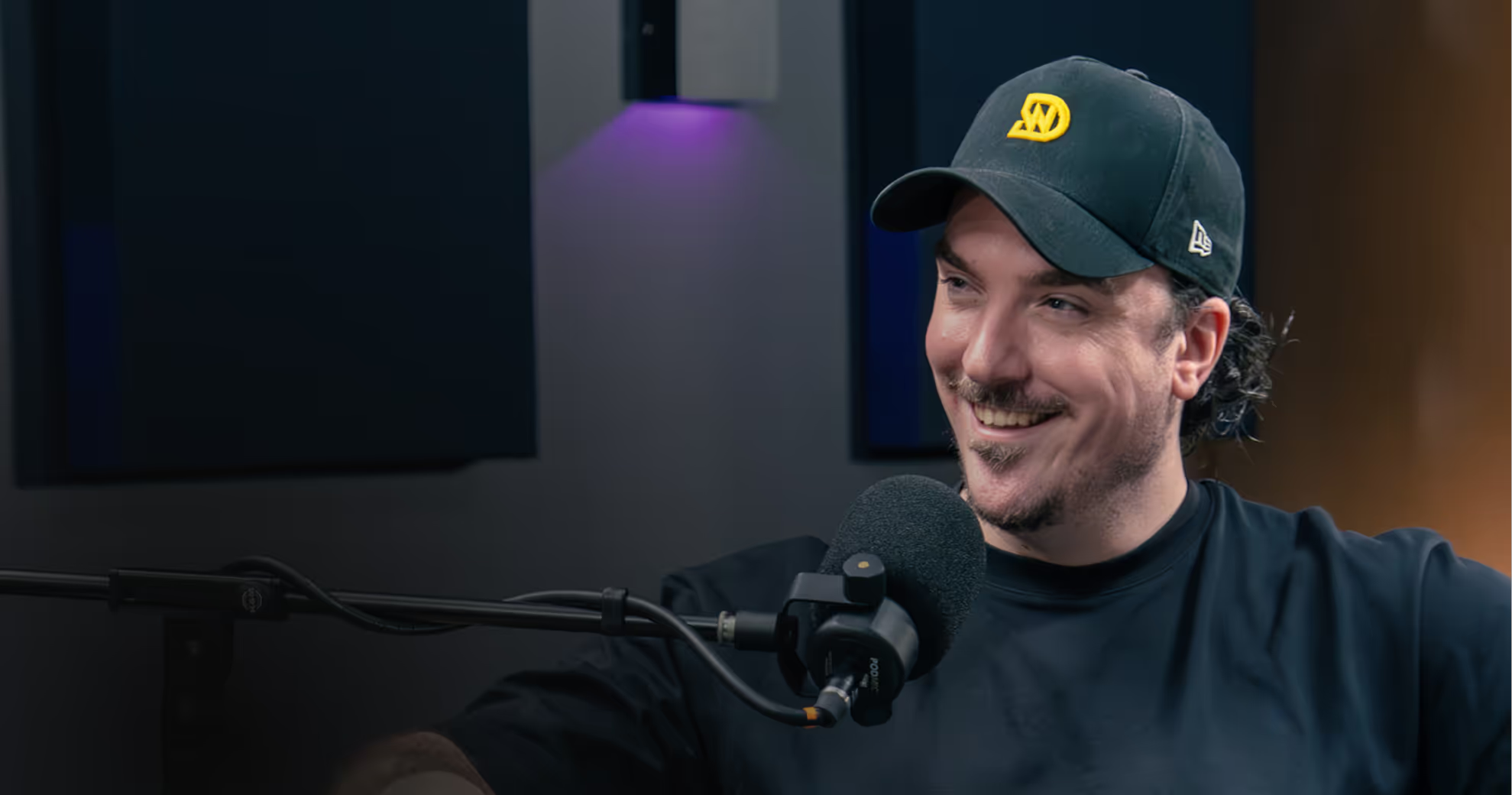
Work With Me
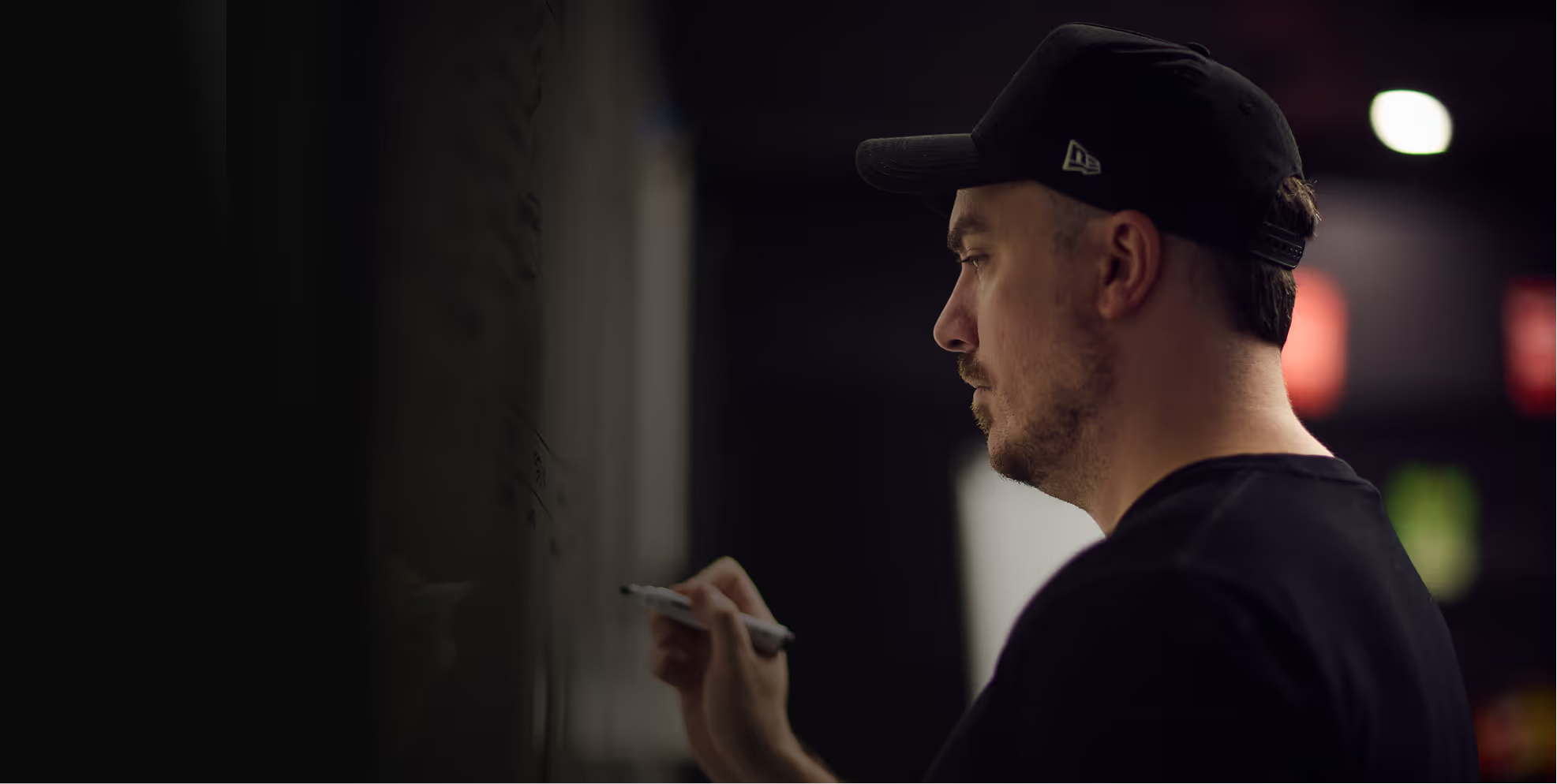
Enquire With Dain’s Team
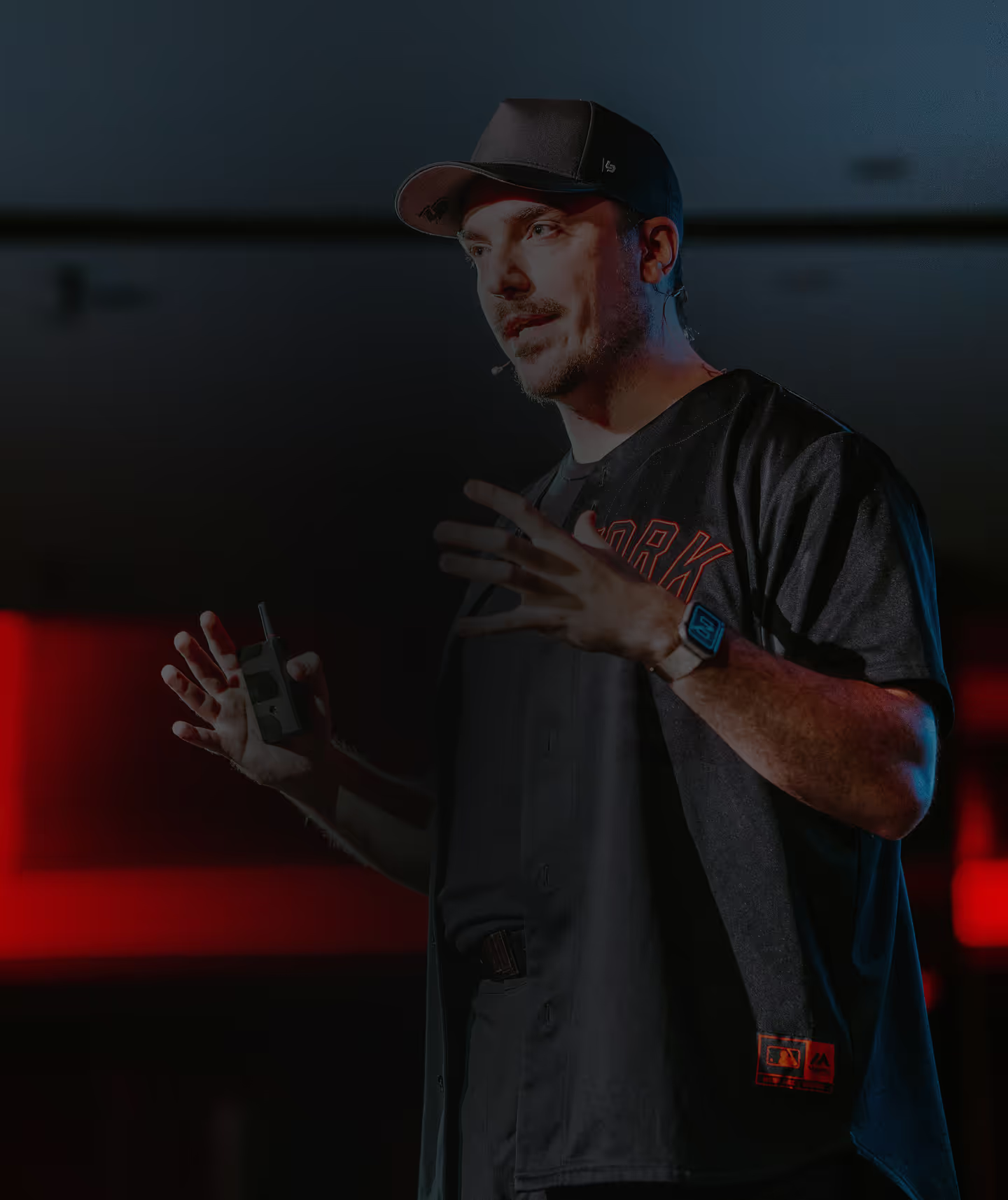
Enquire For Speaking

Let's Get You Branded
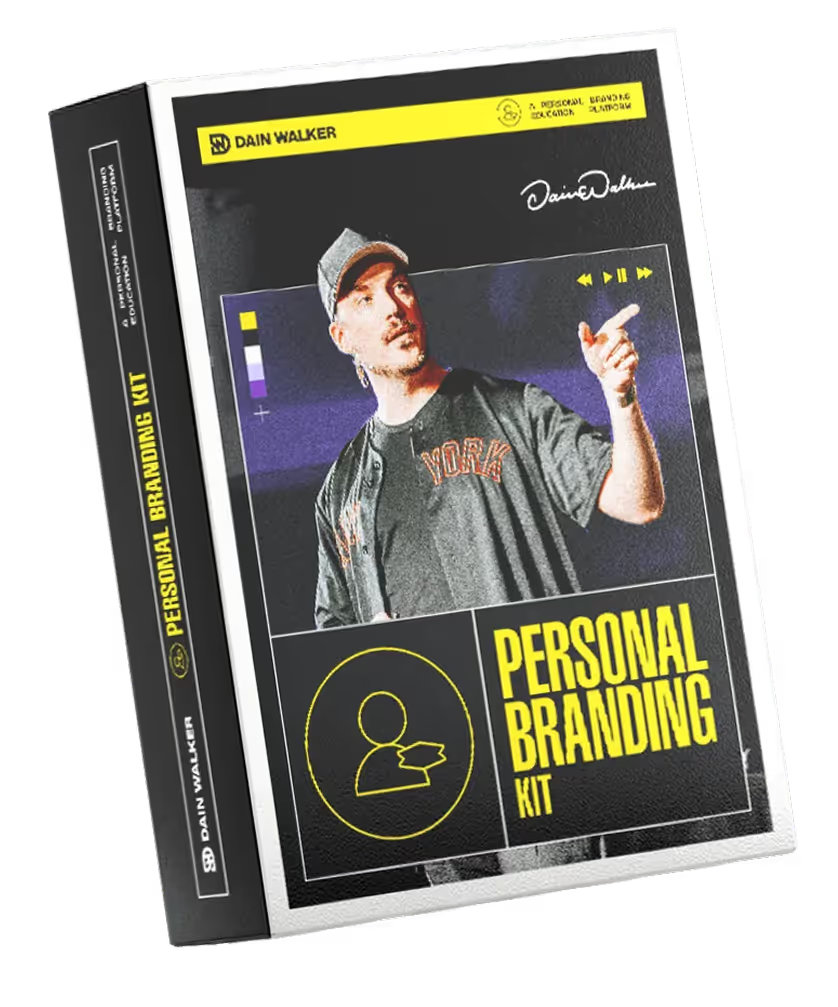
Apply to be a guest
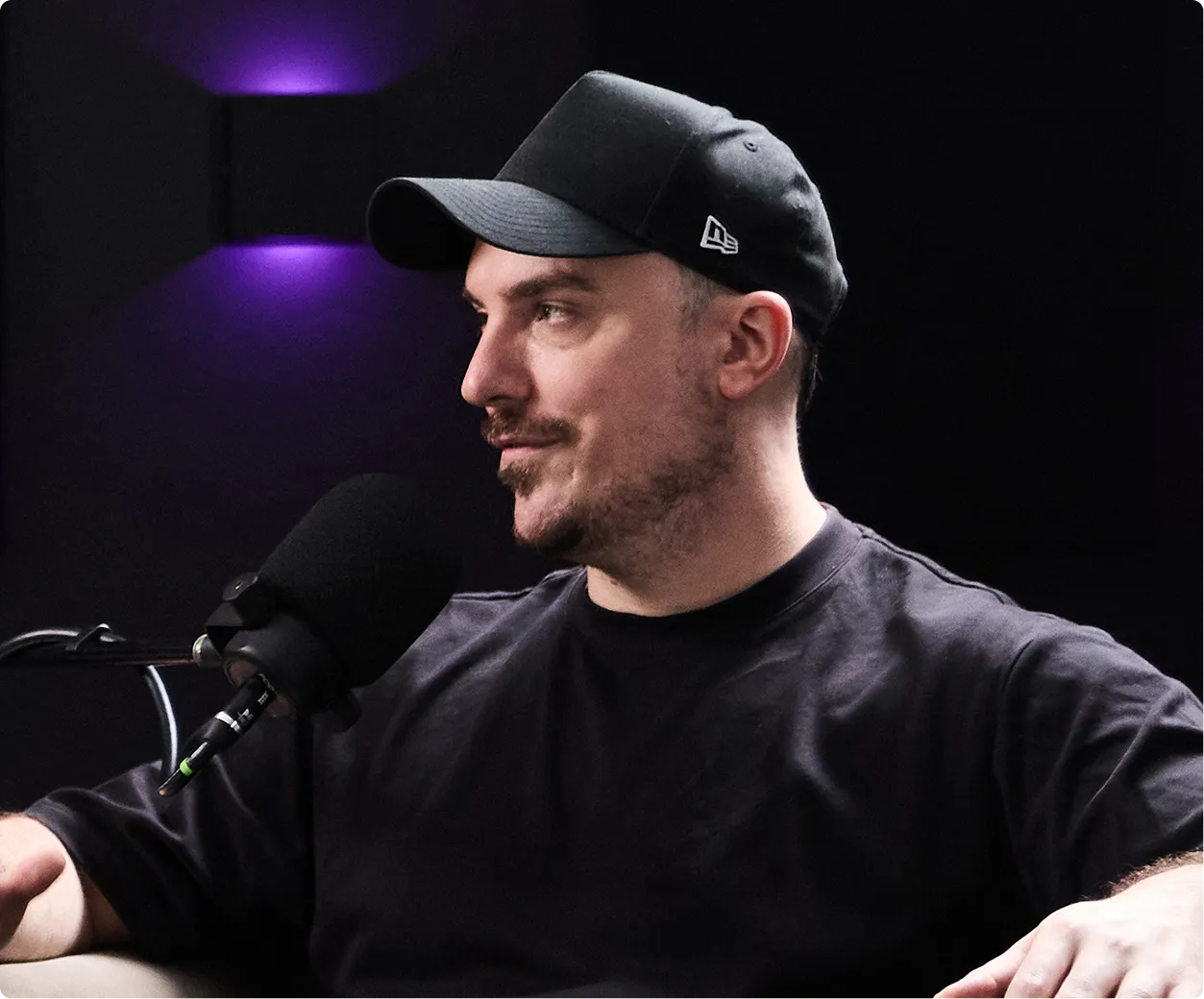
Dive into insights from industry leaders and experts.
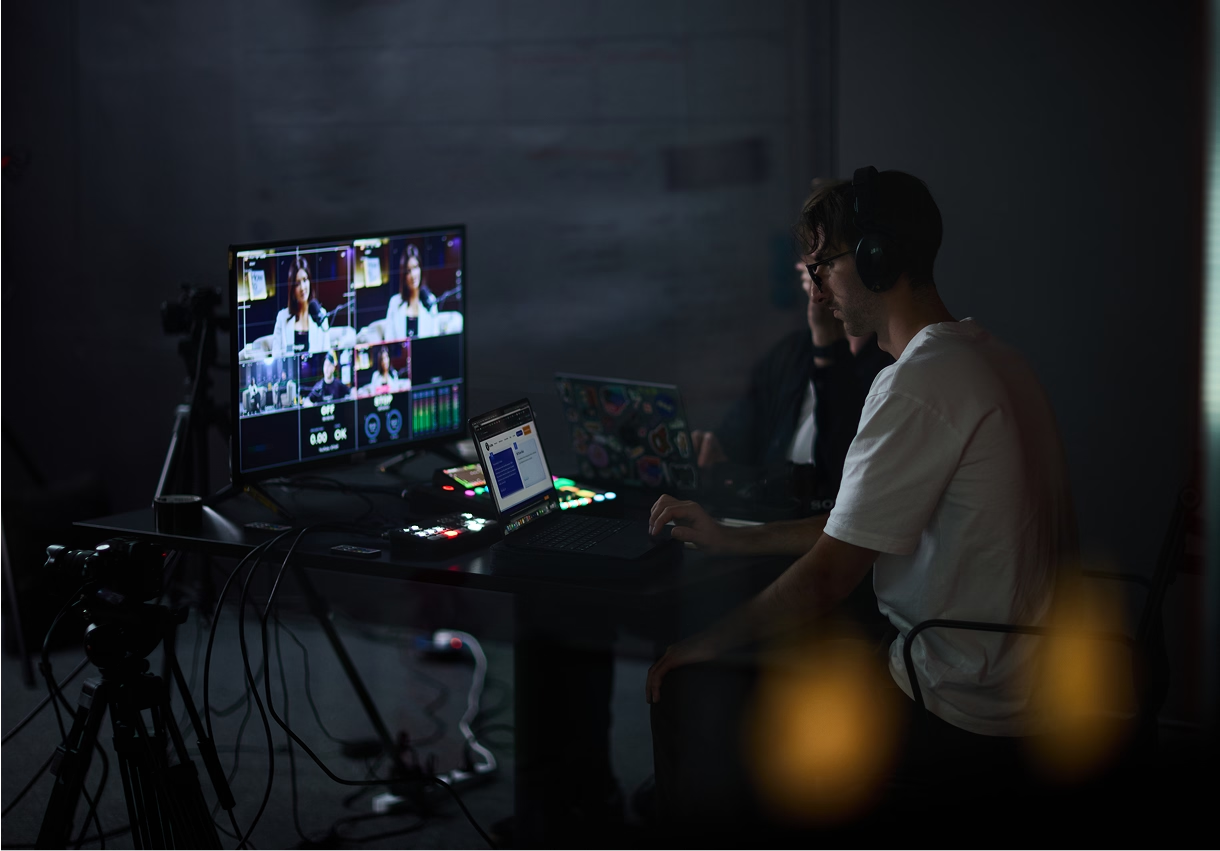
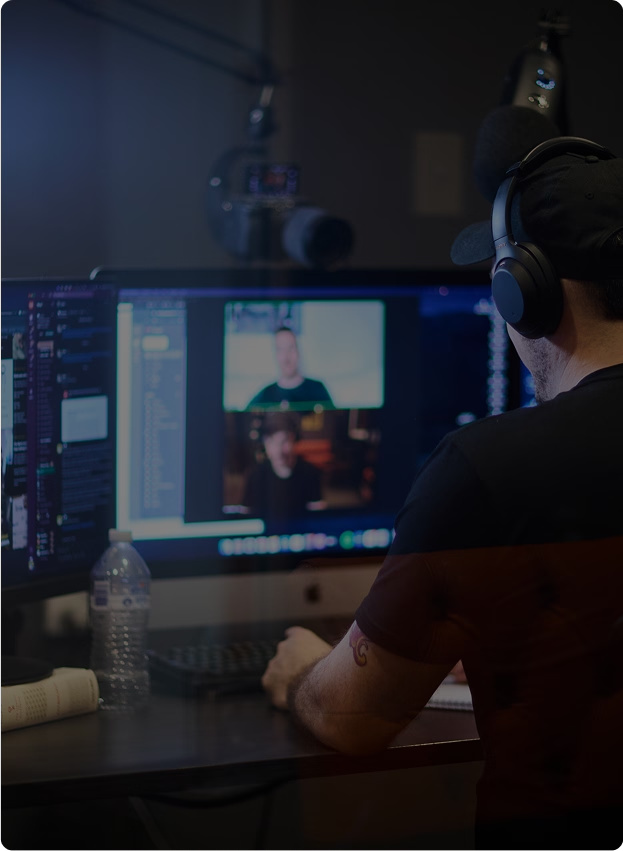
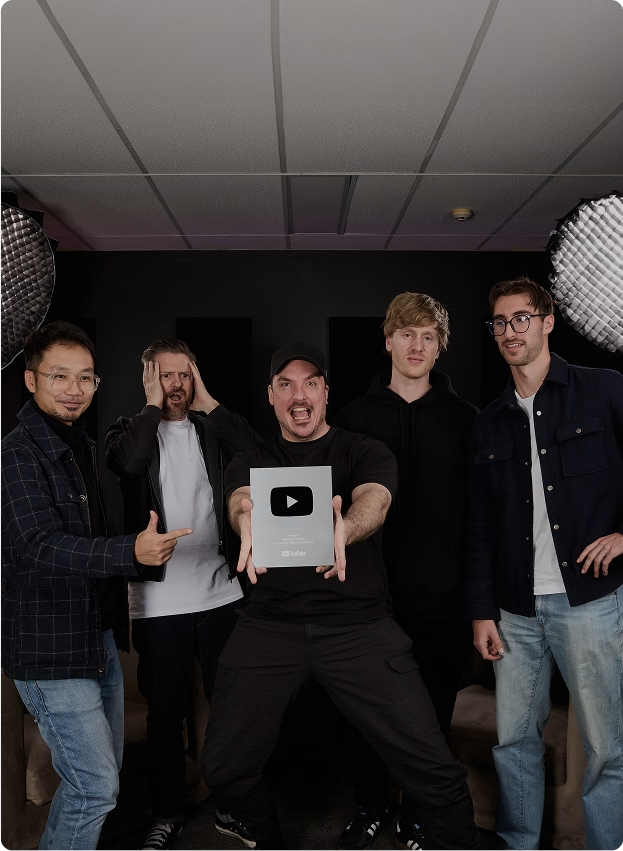
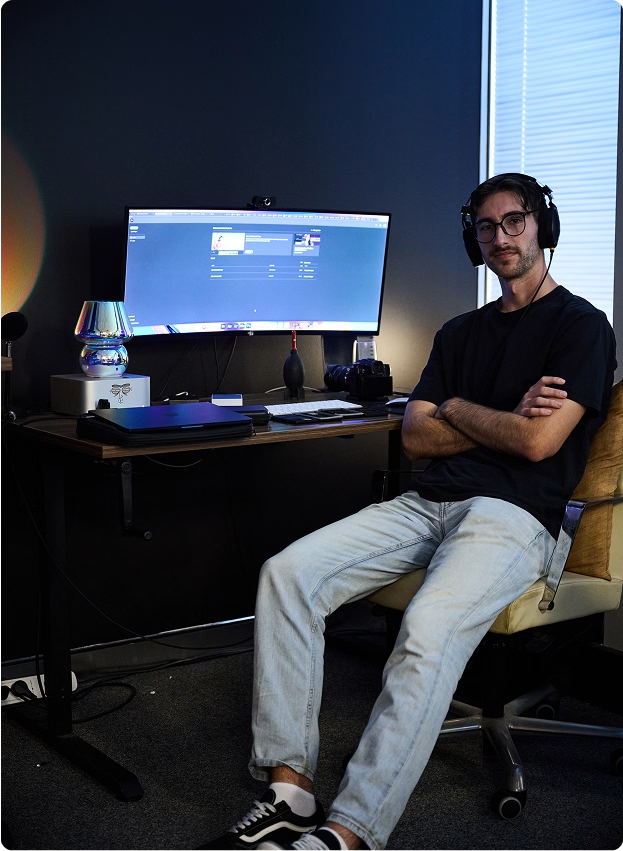
Stream now
Dive into expert advice and industry trends.
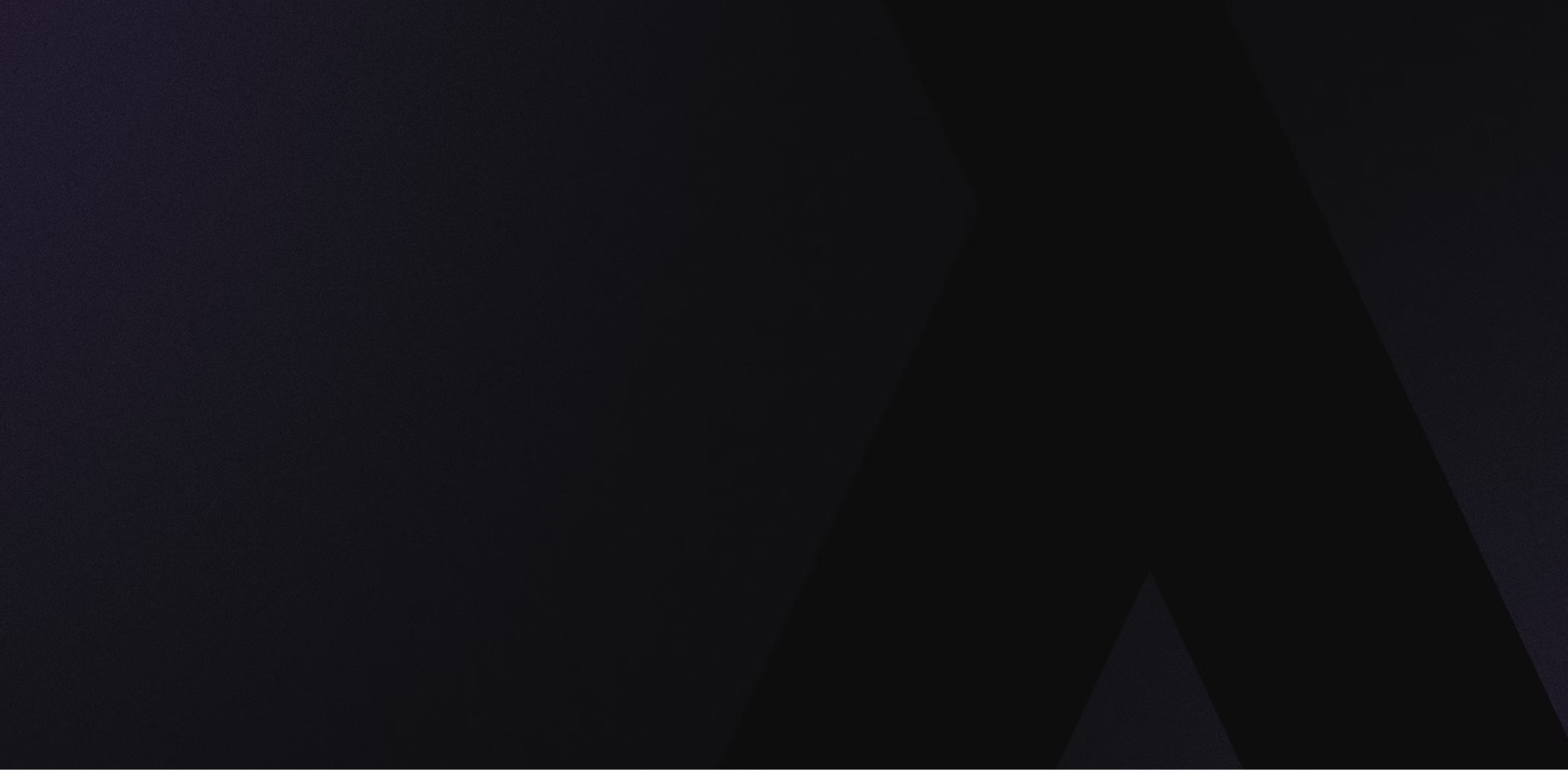

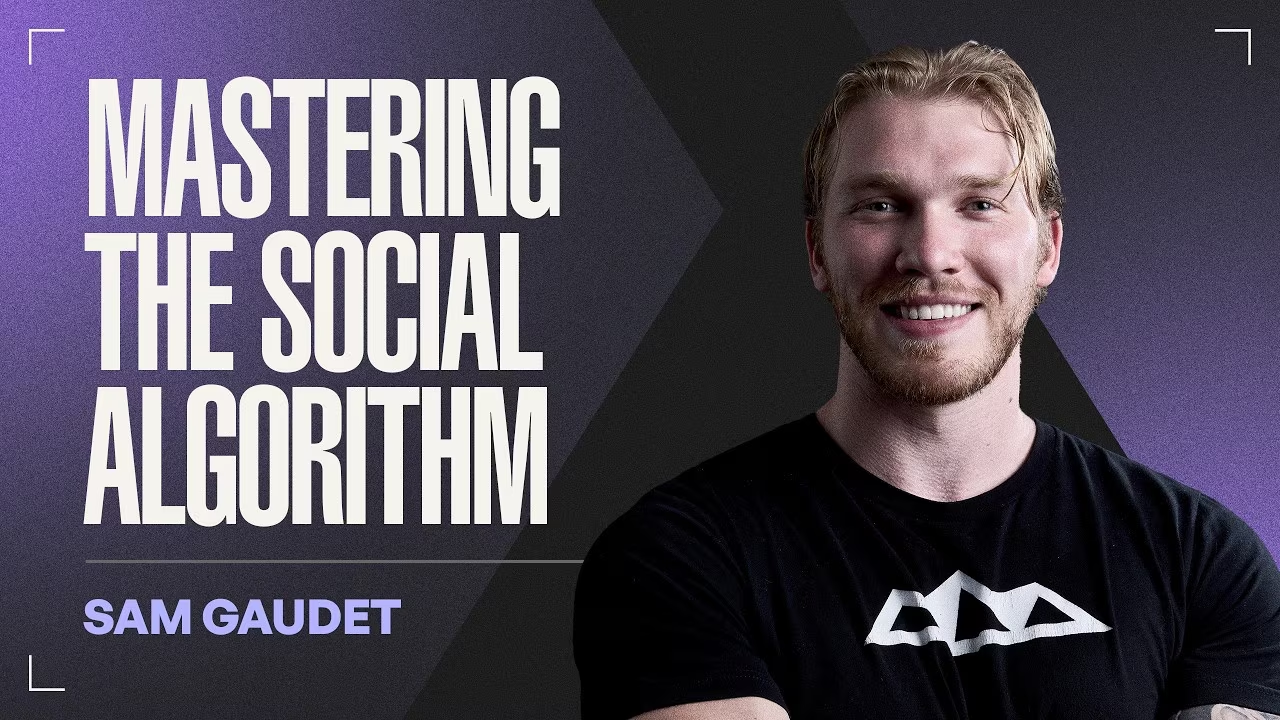
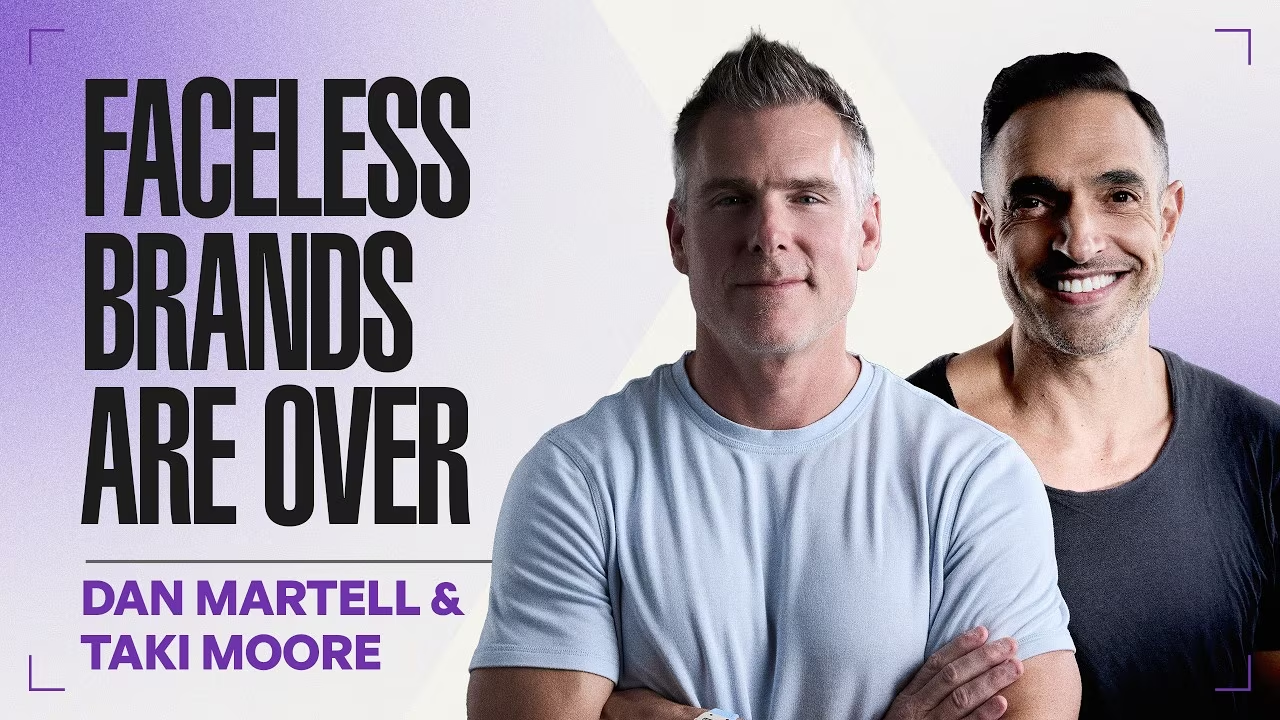
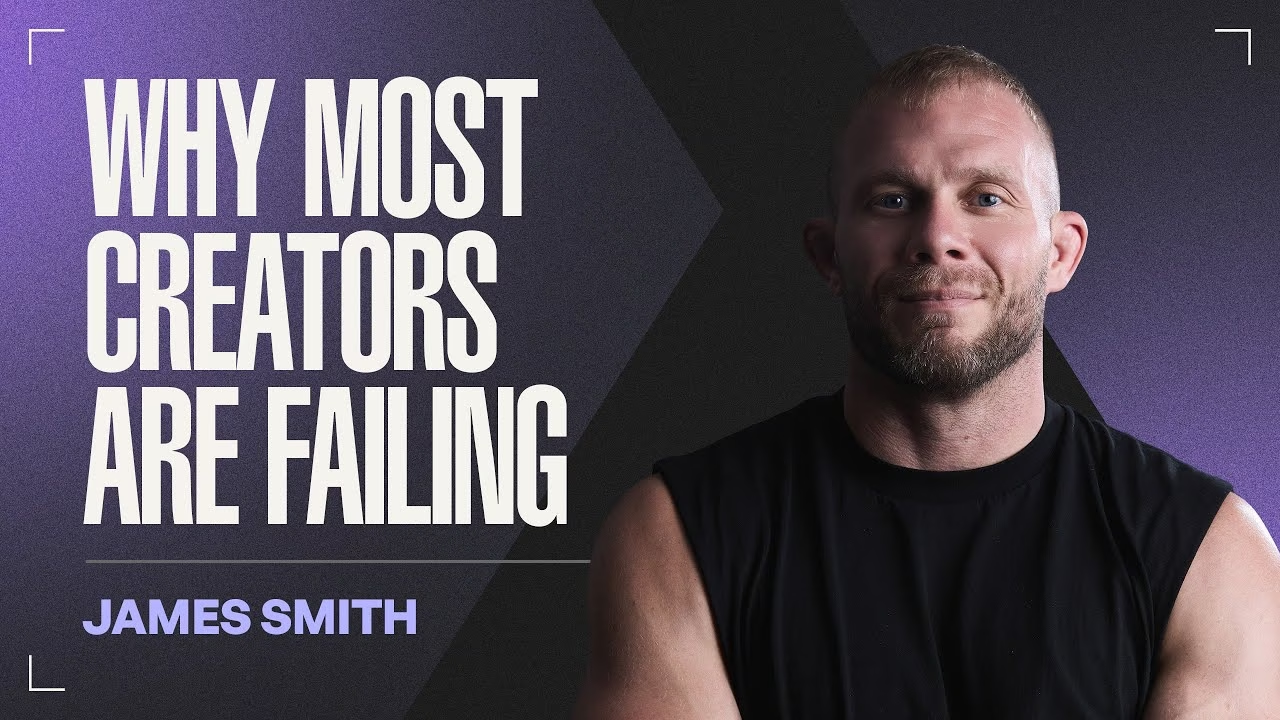
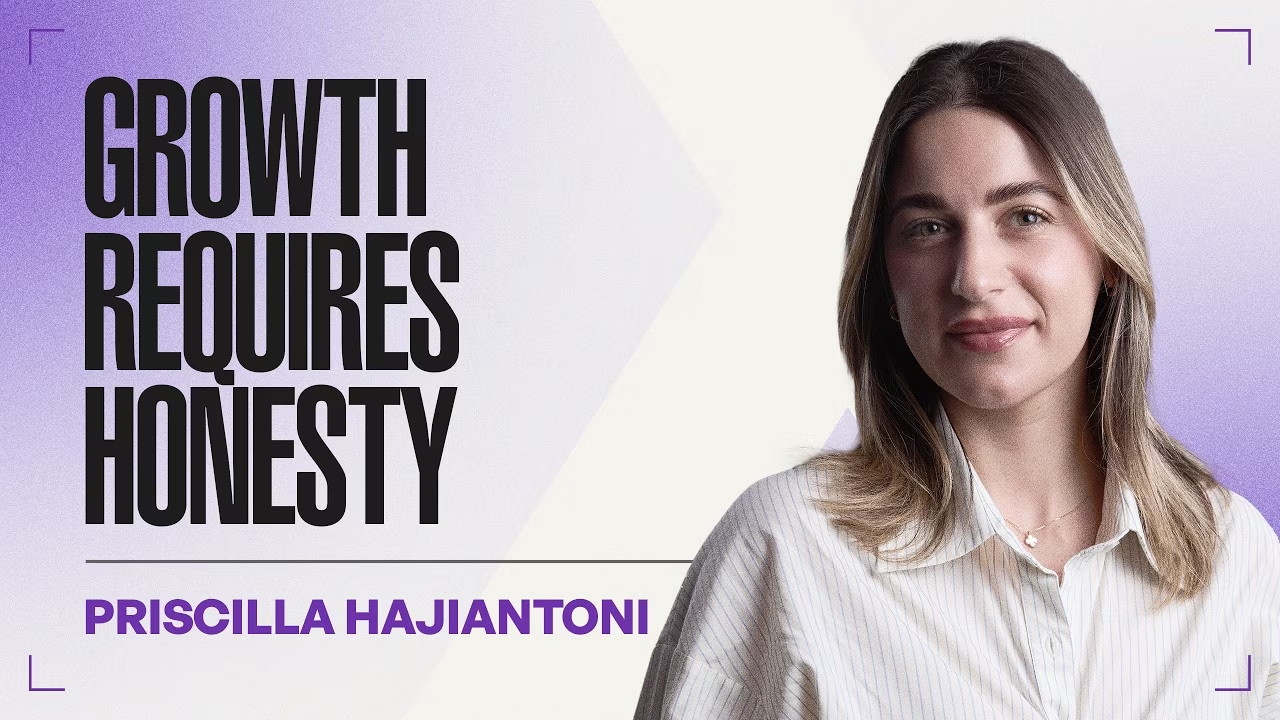
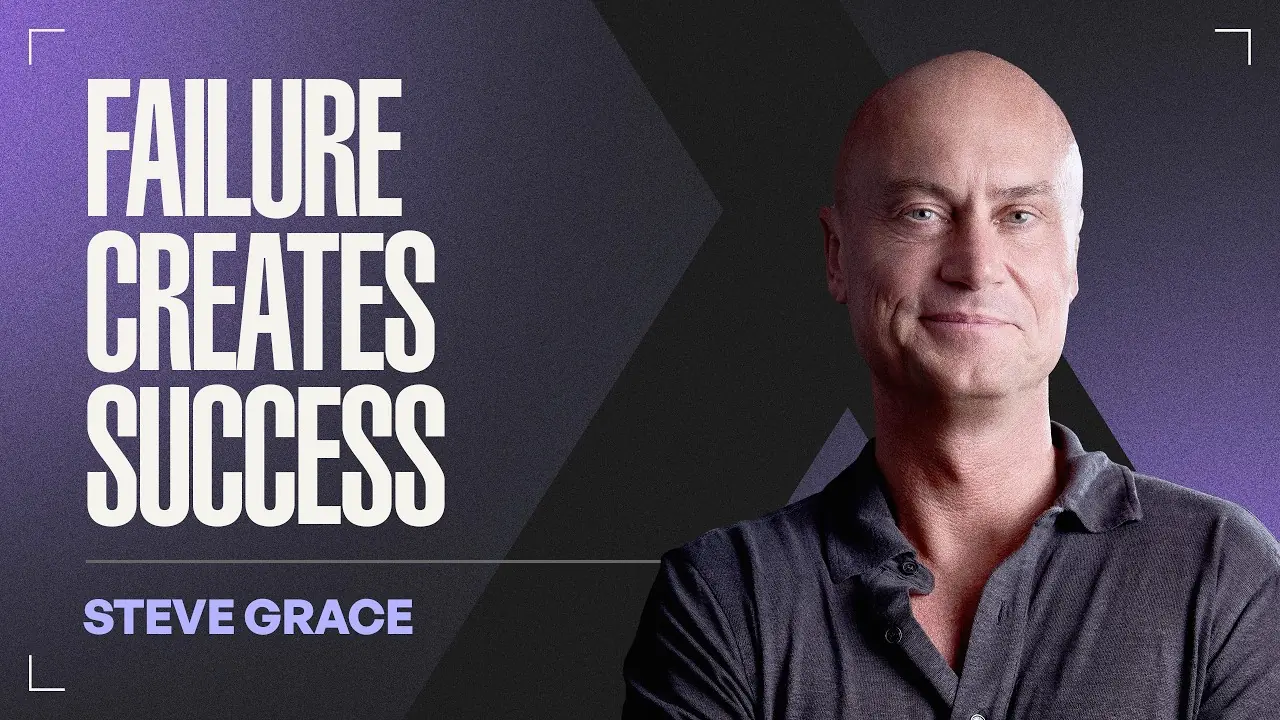
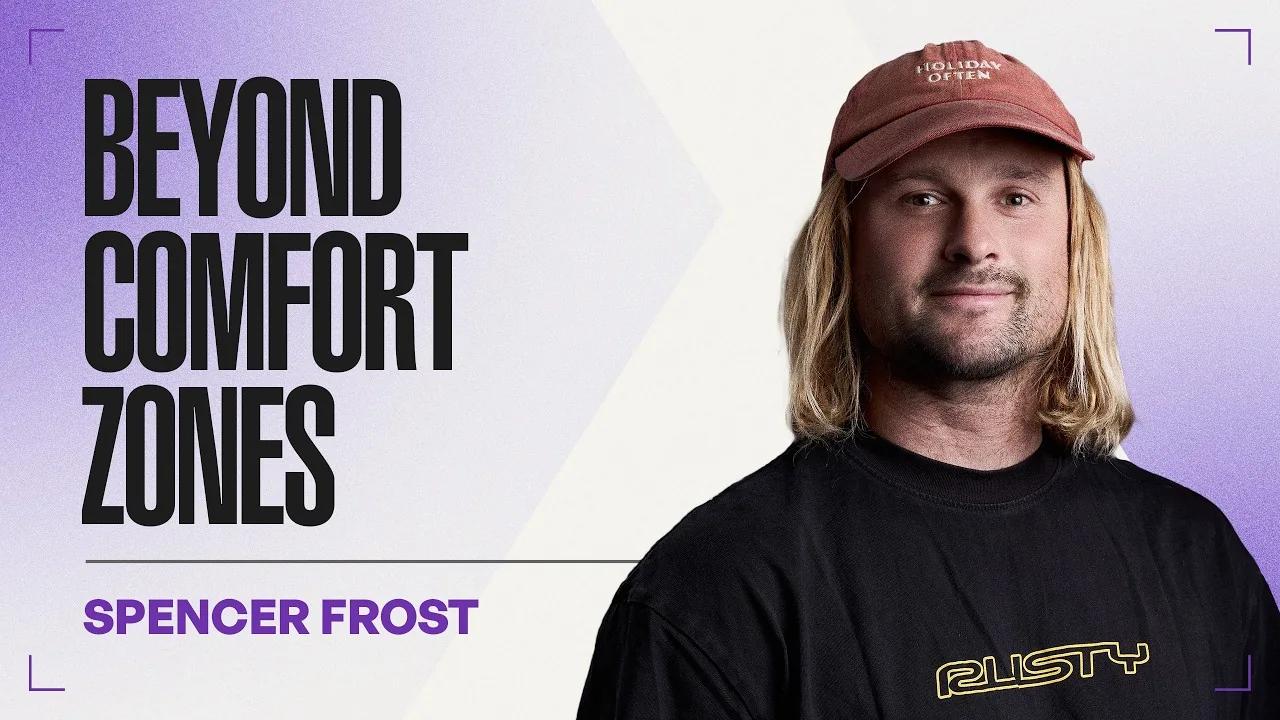
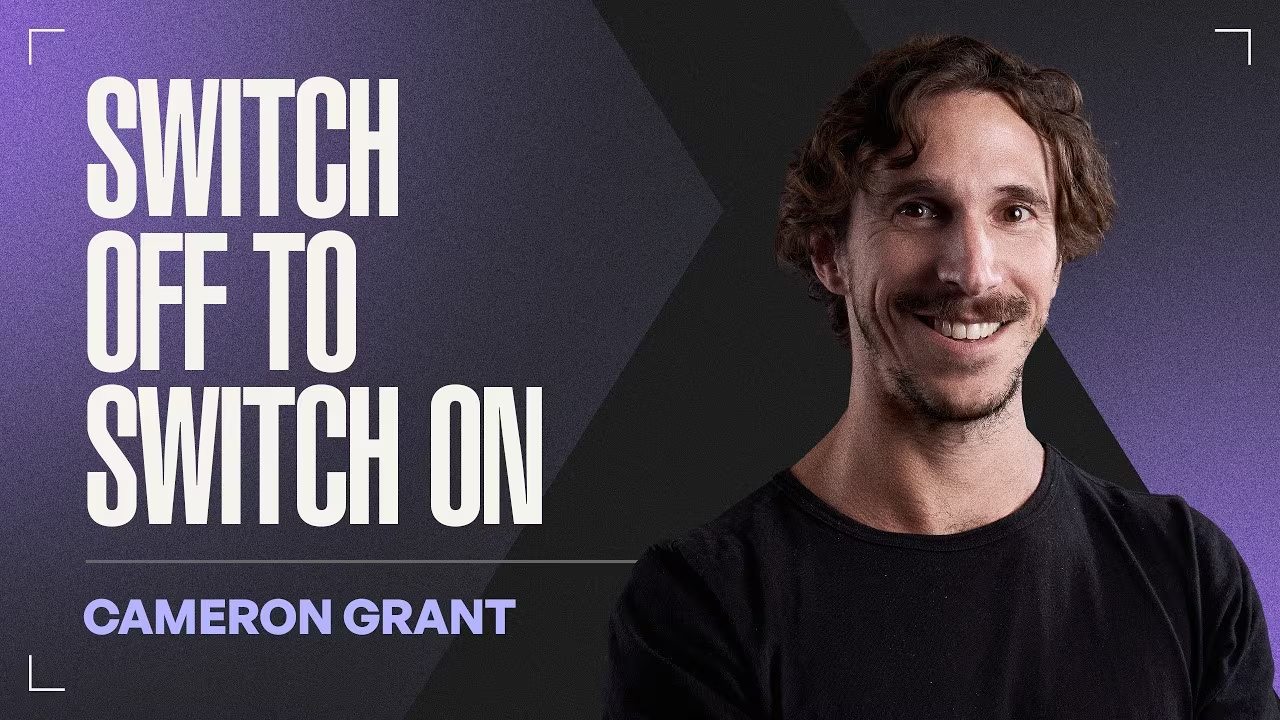
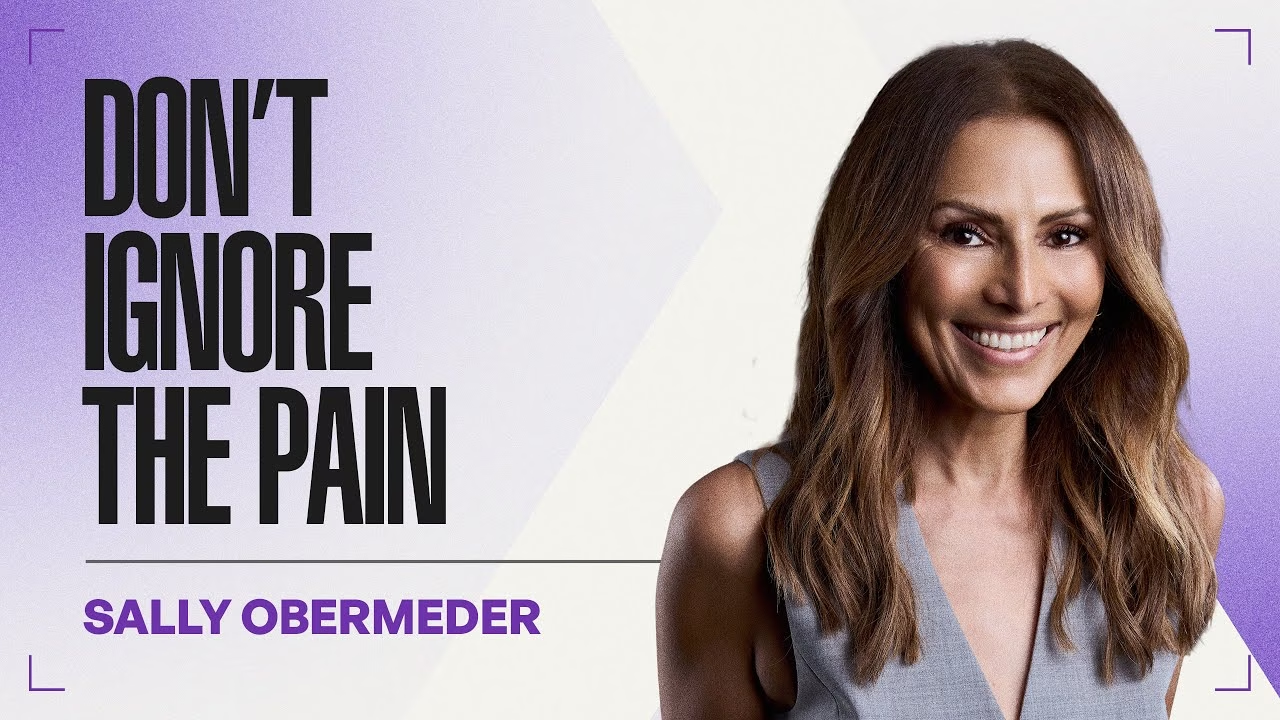
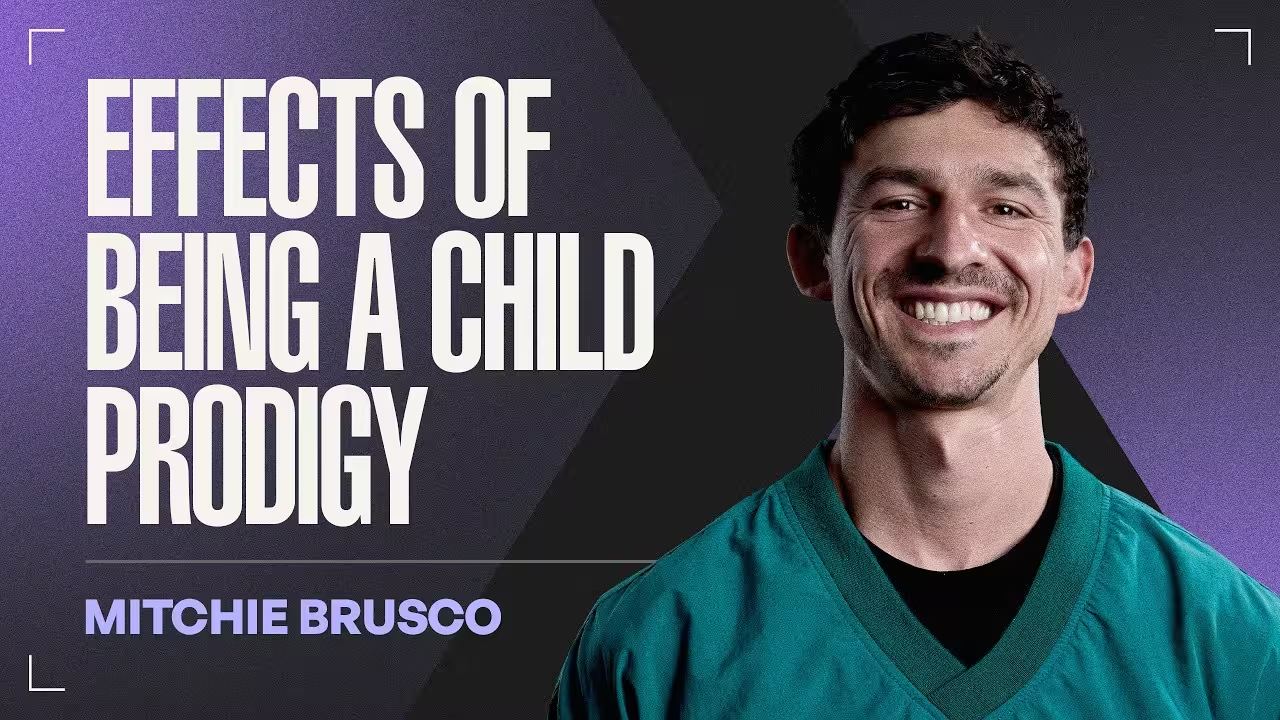
.avif)
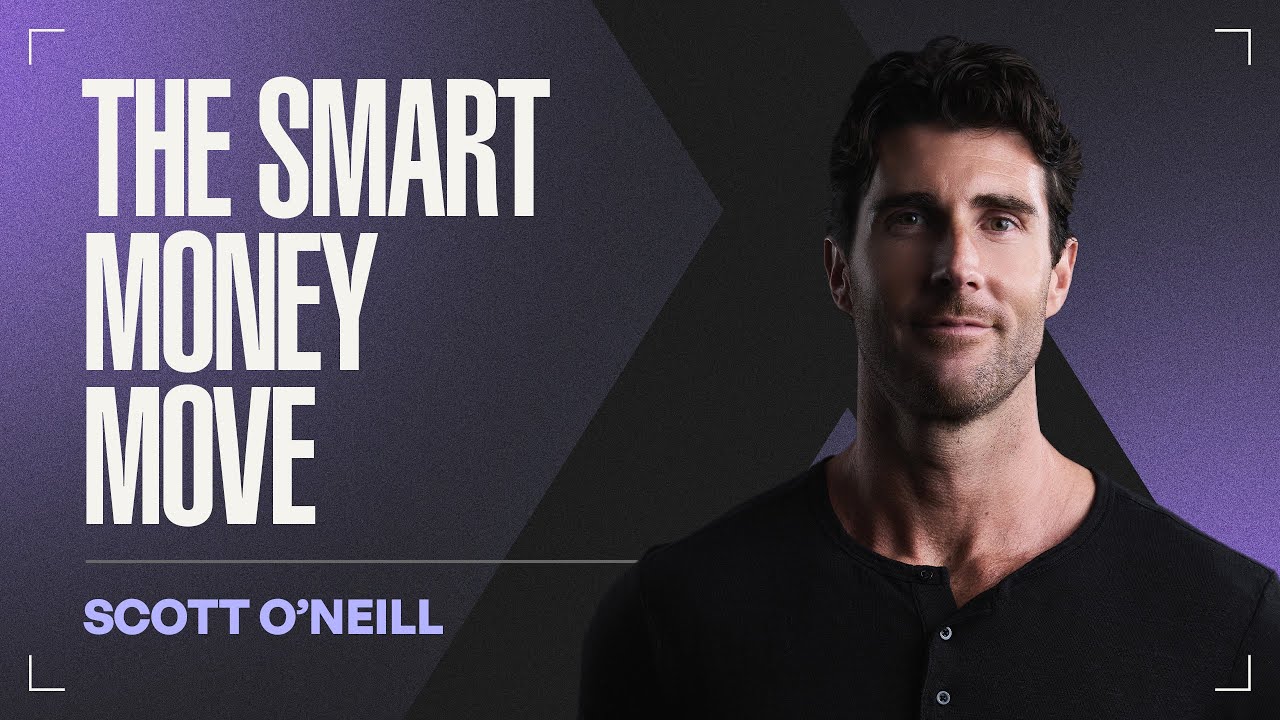
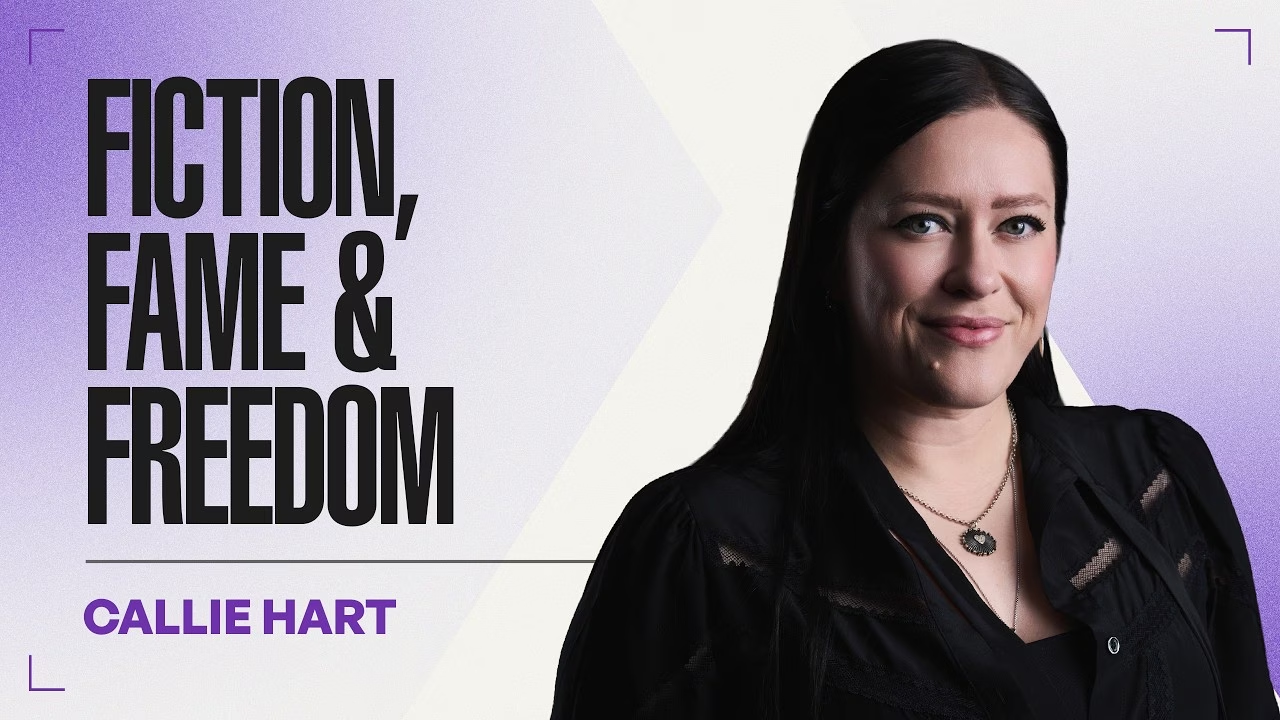

.avif)
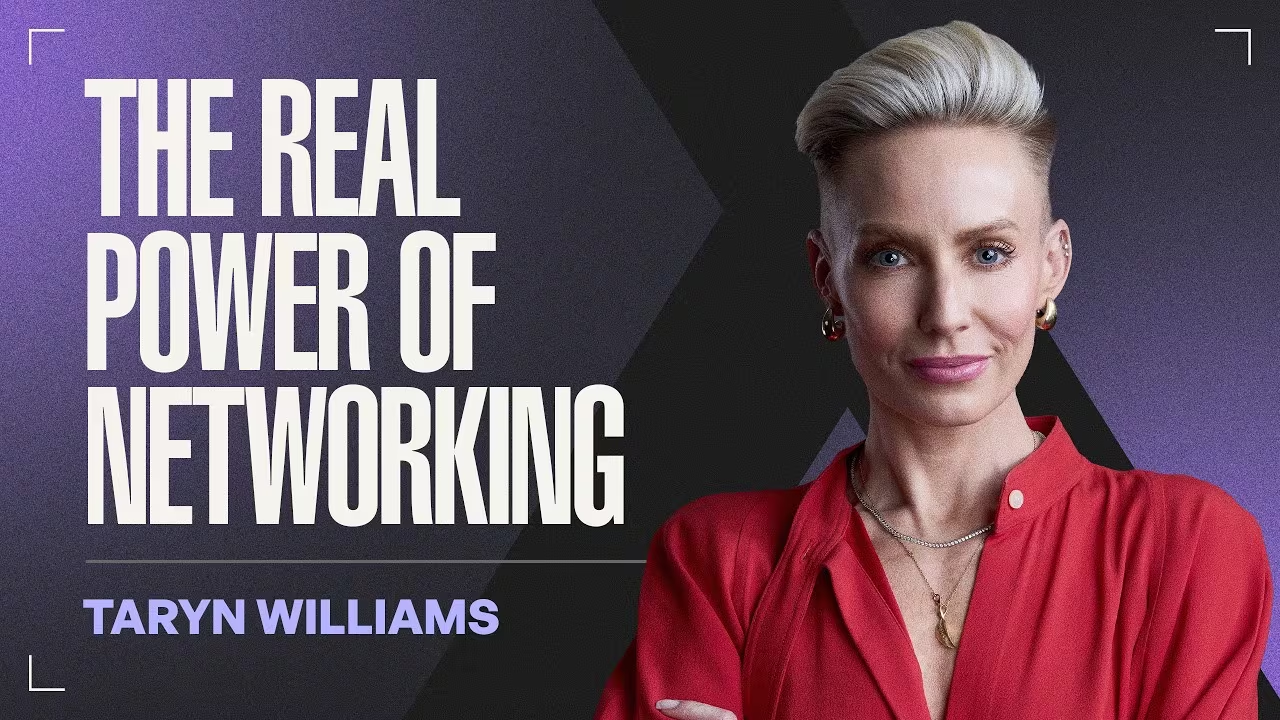

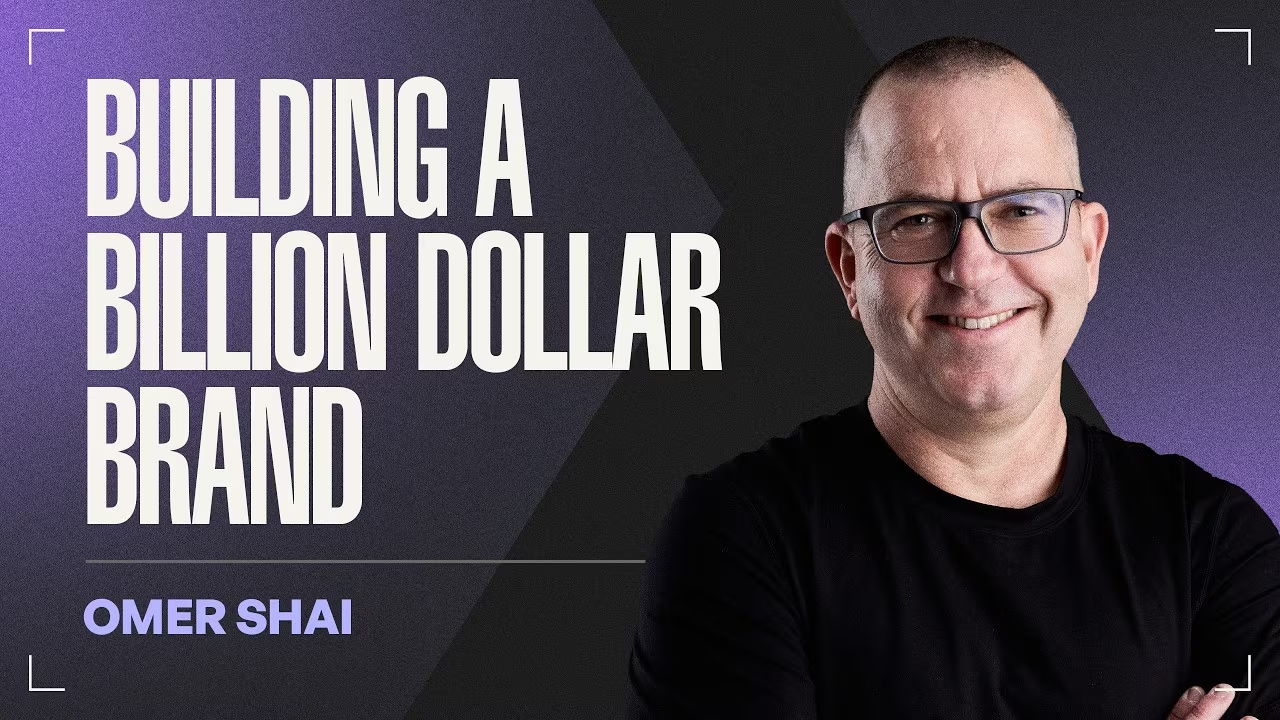
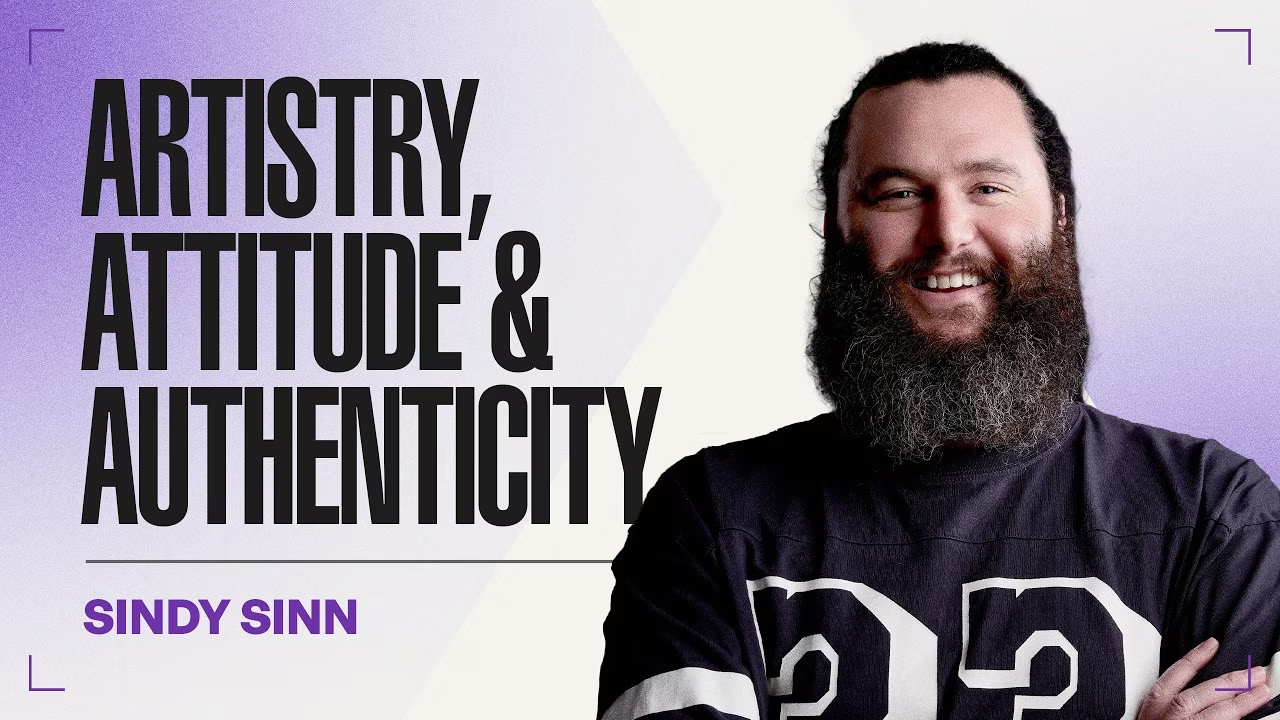
%20(1).avif)
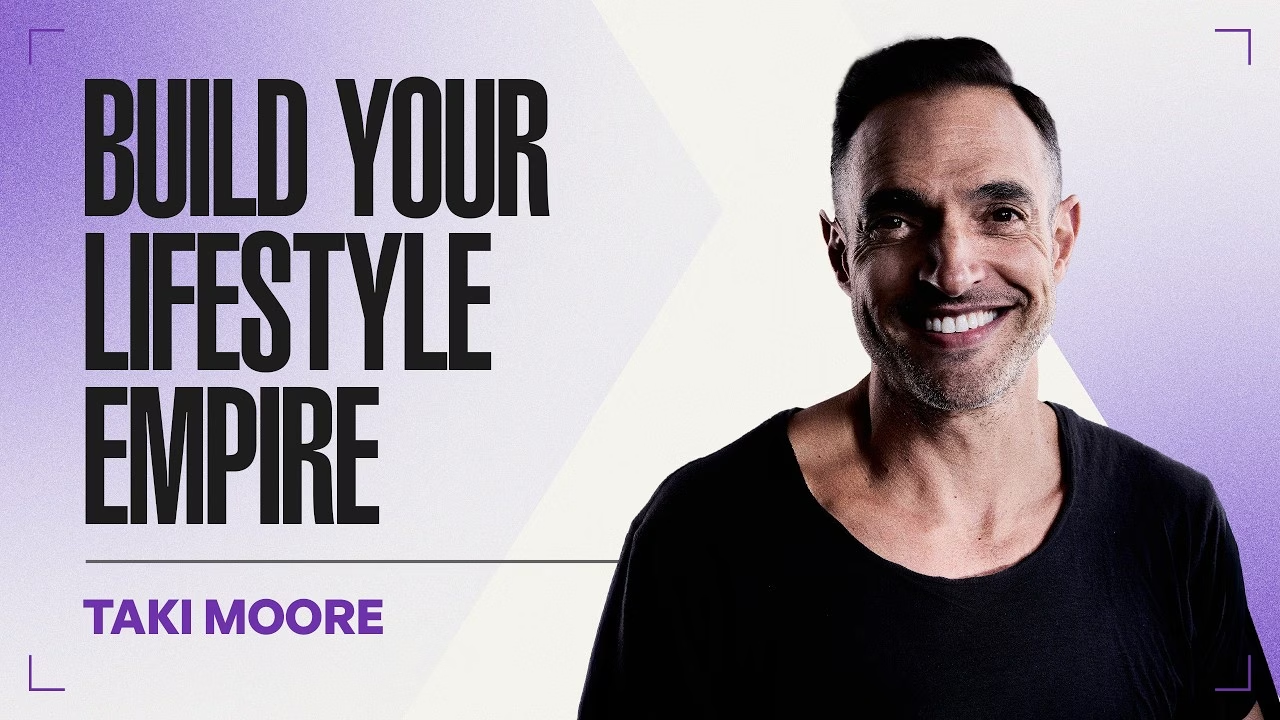
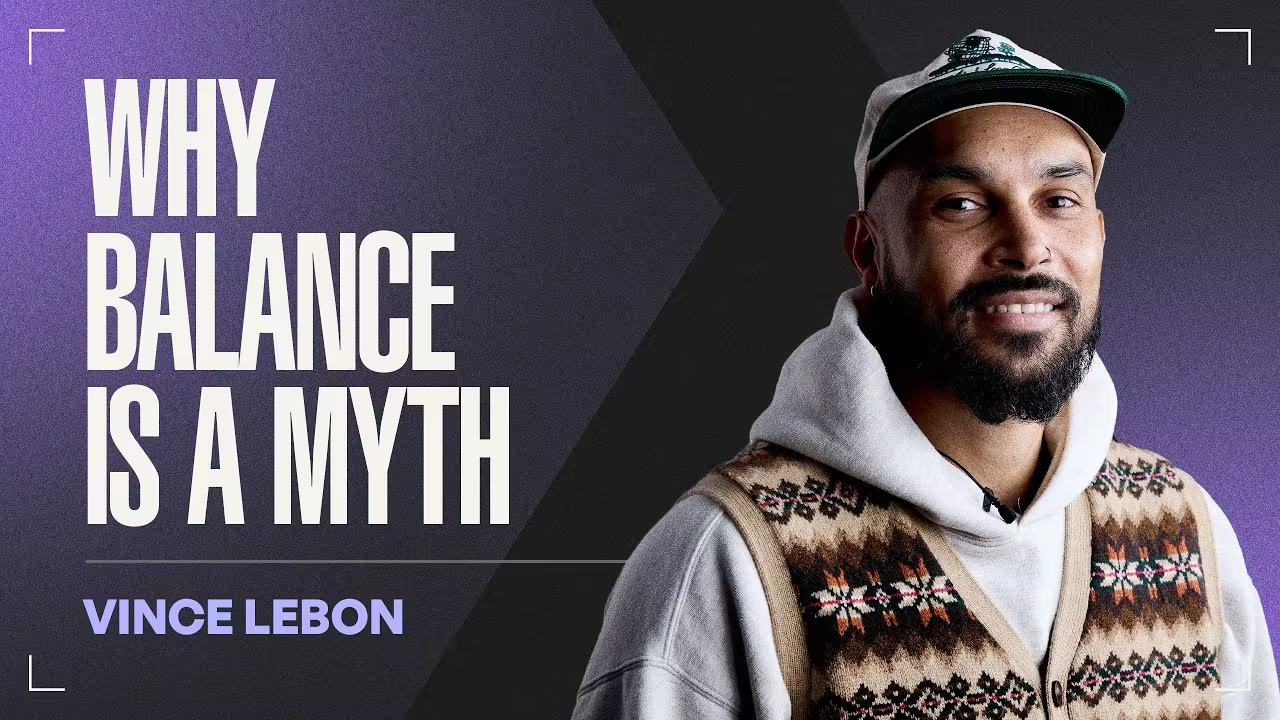
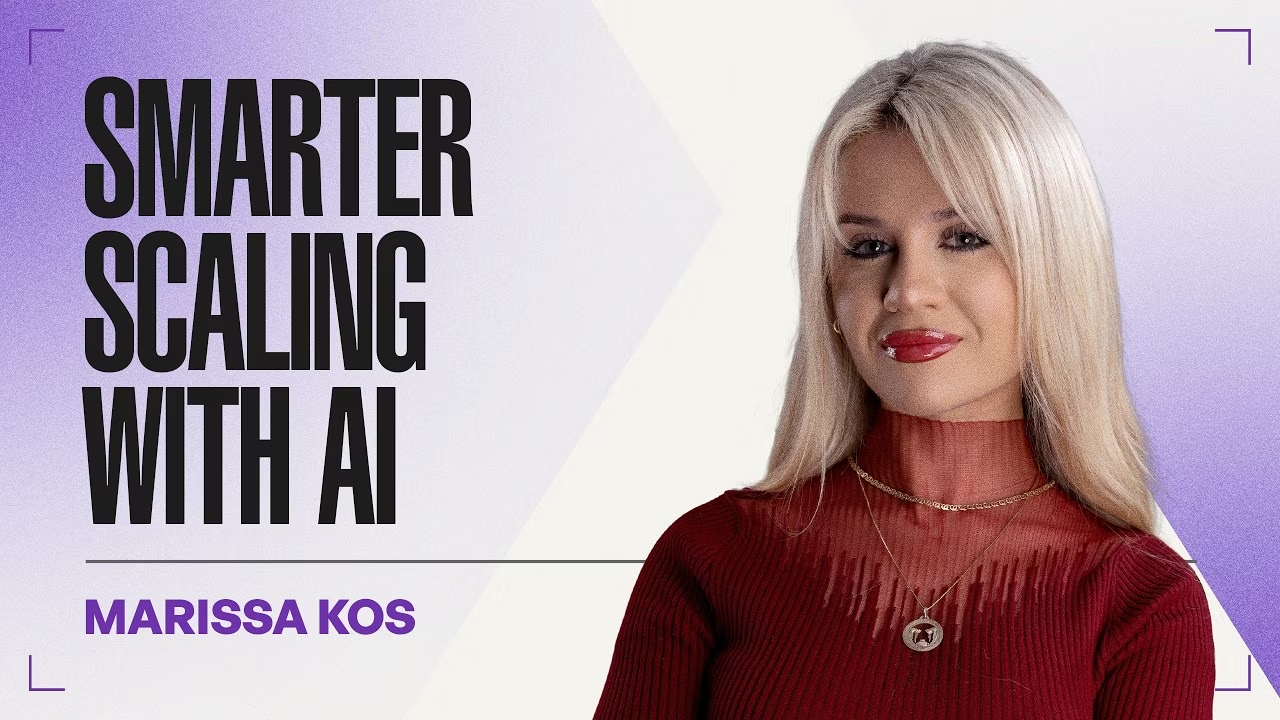
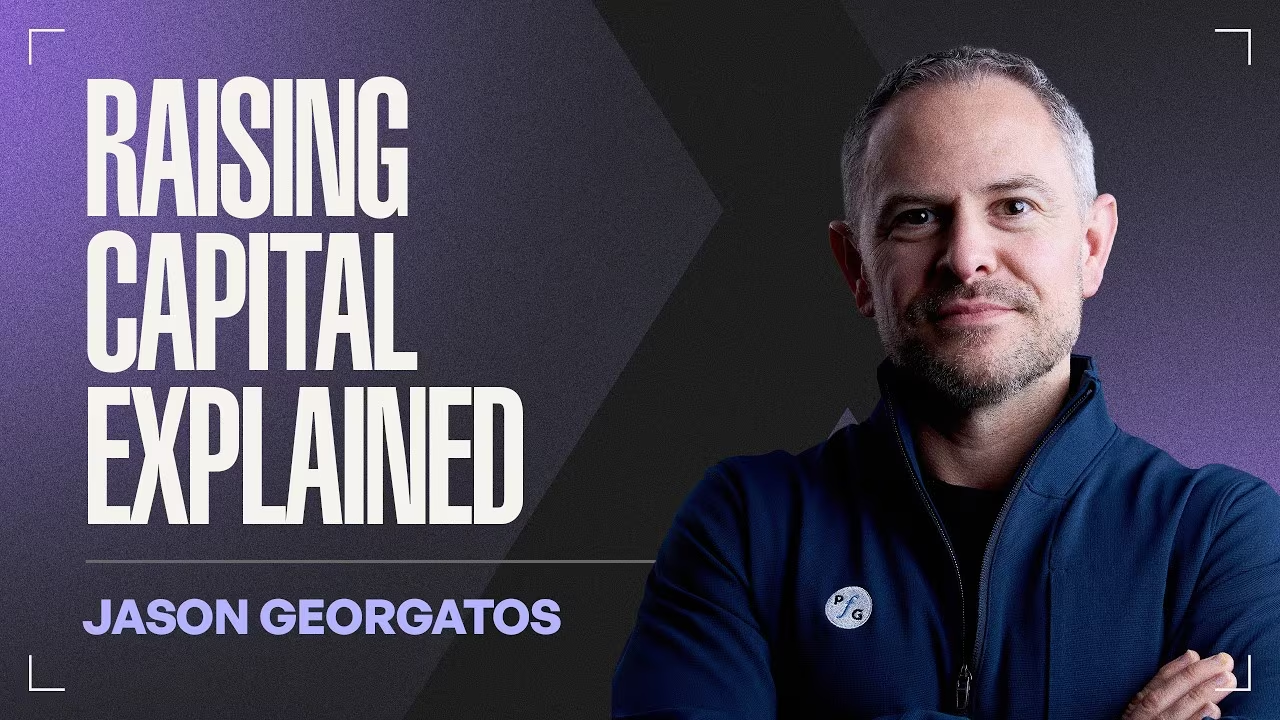
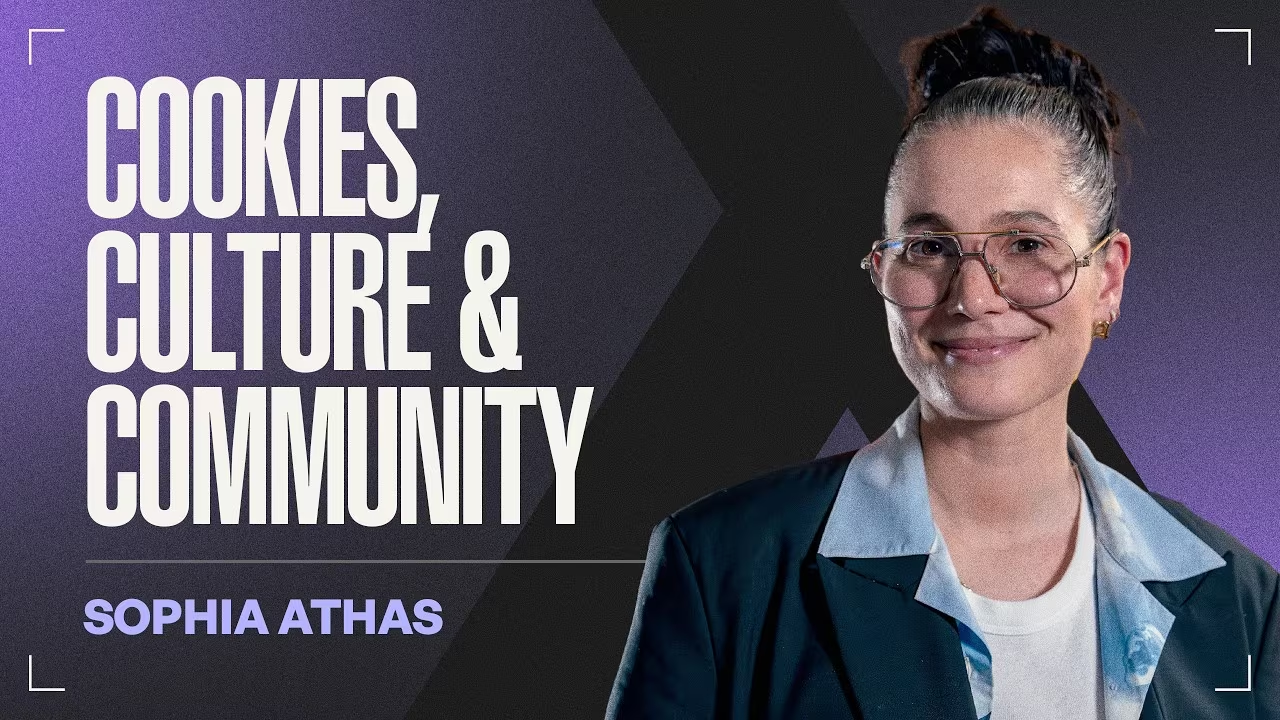

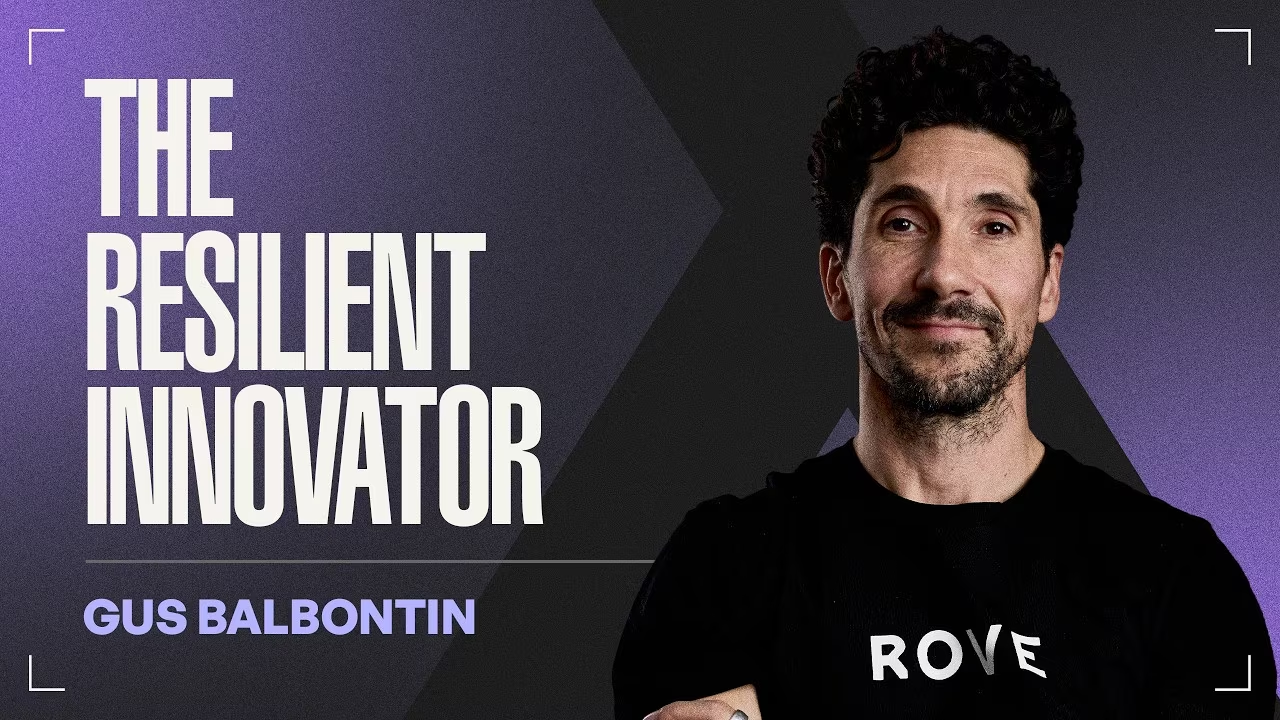
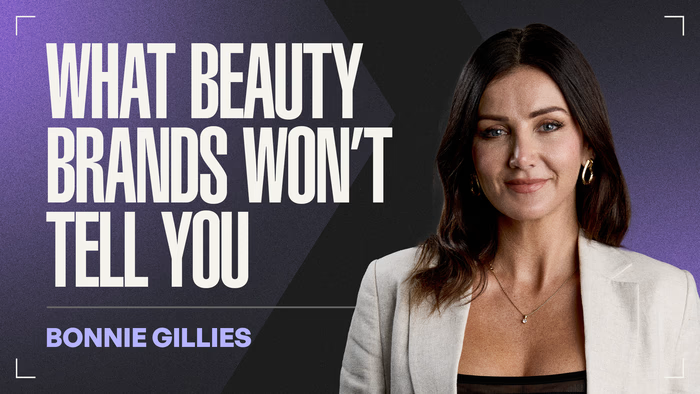


.avif)

